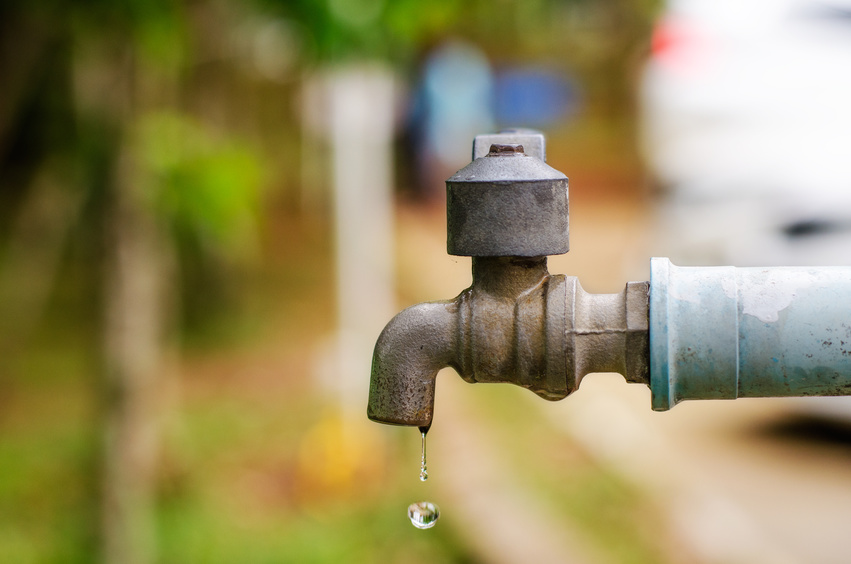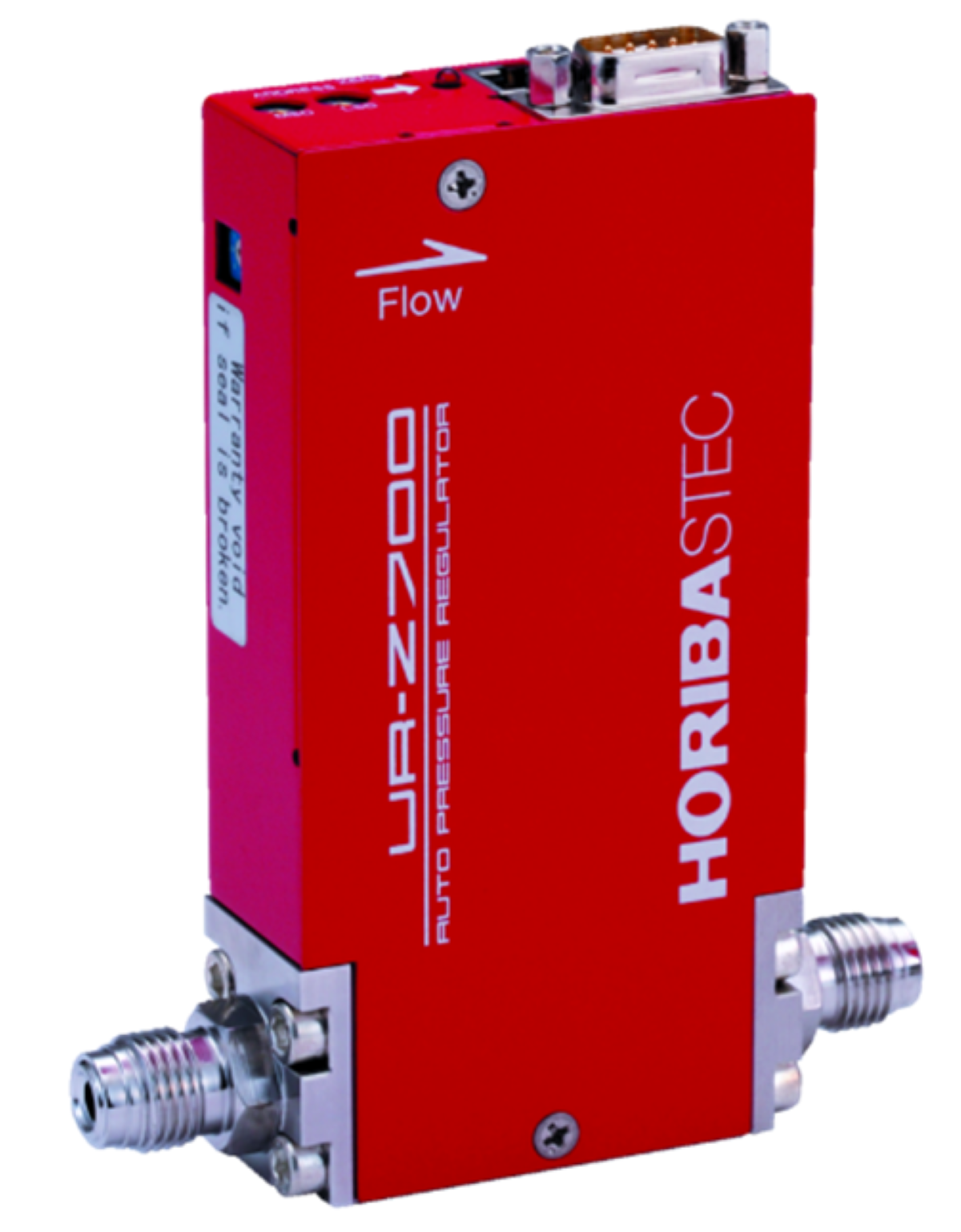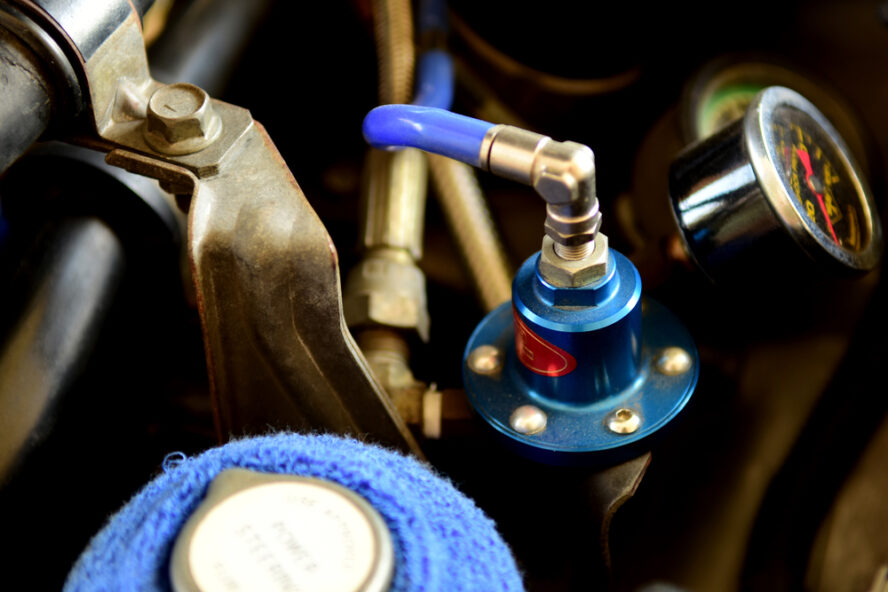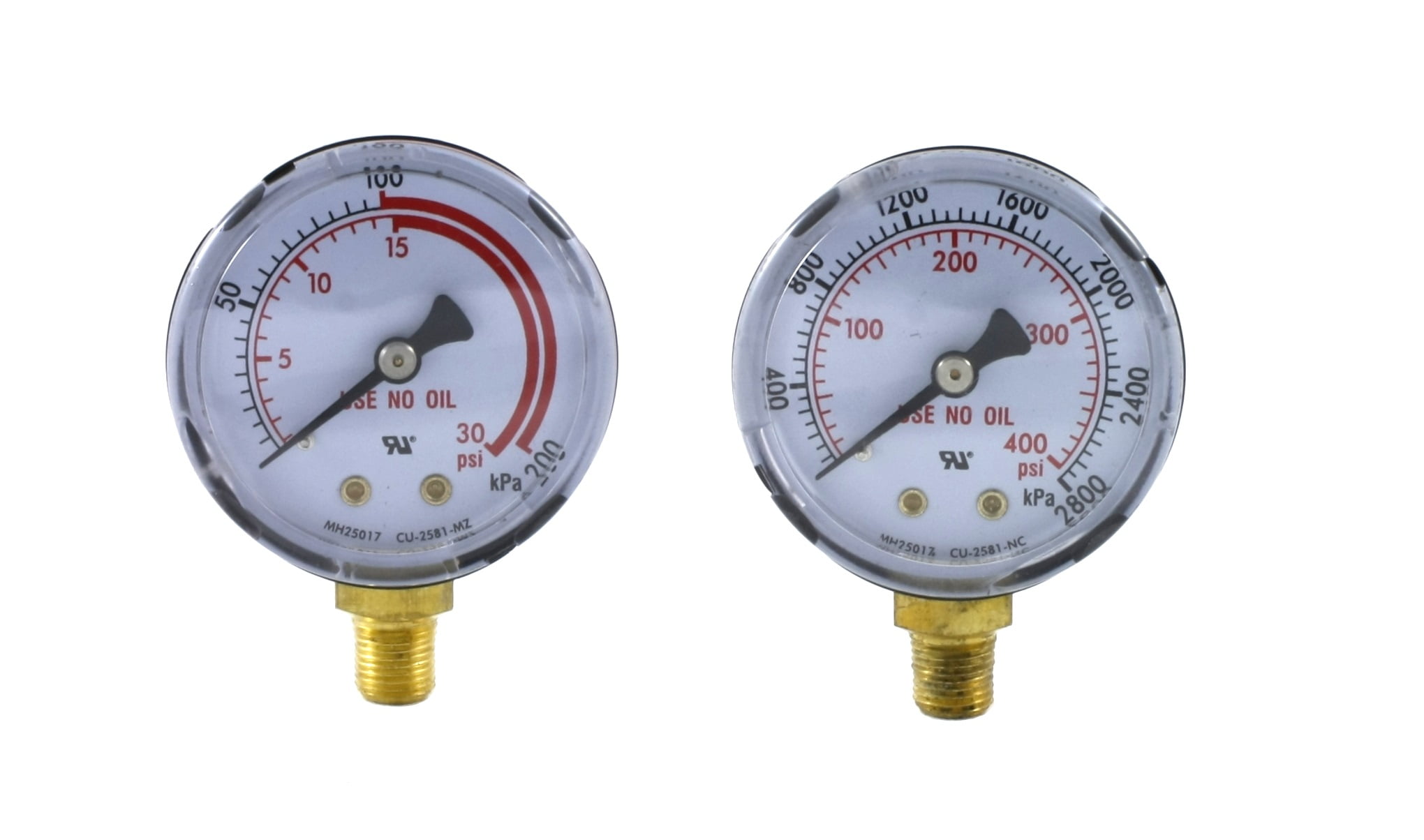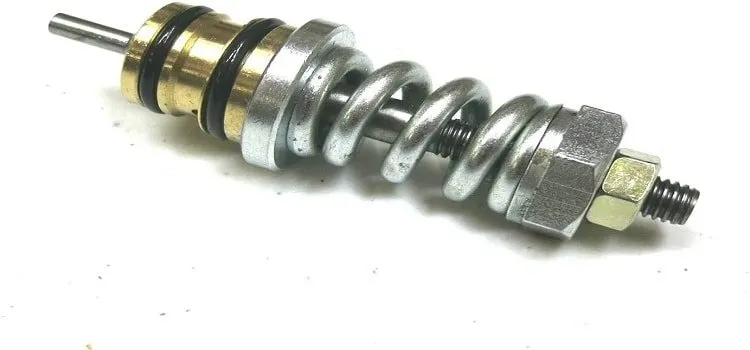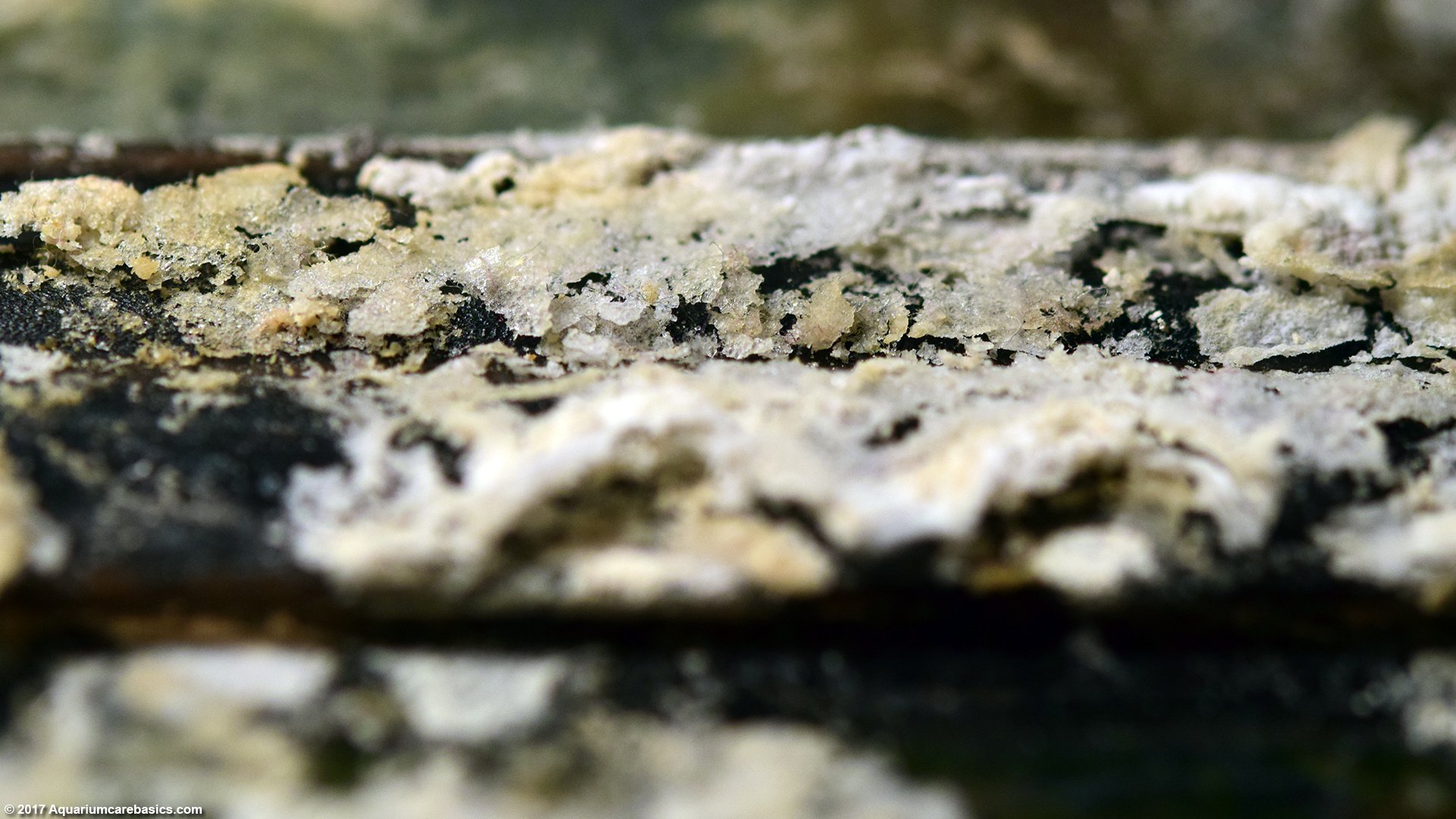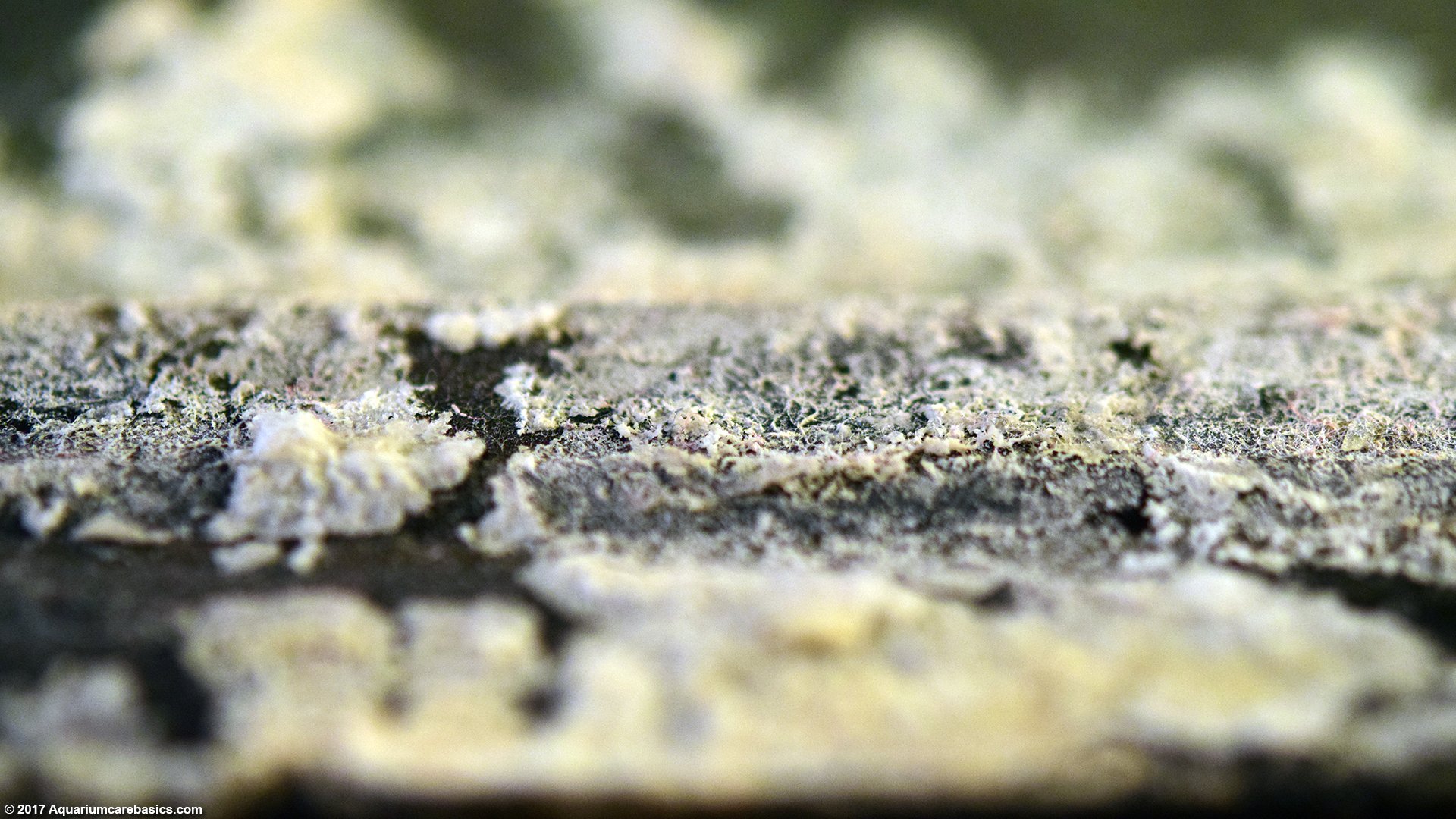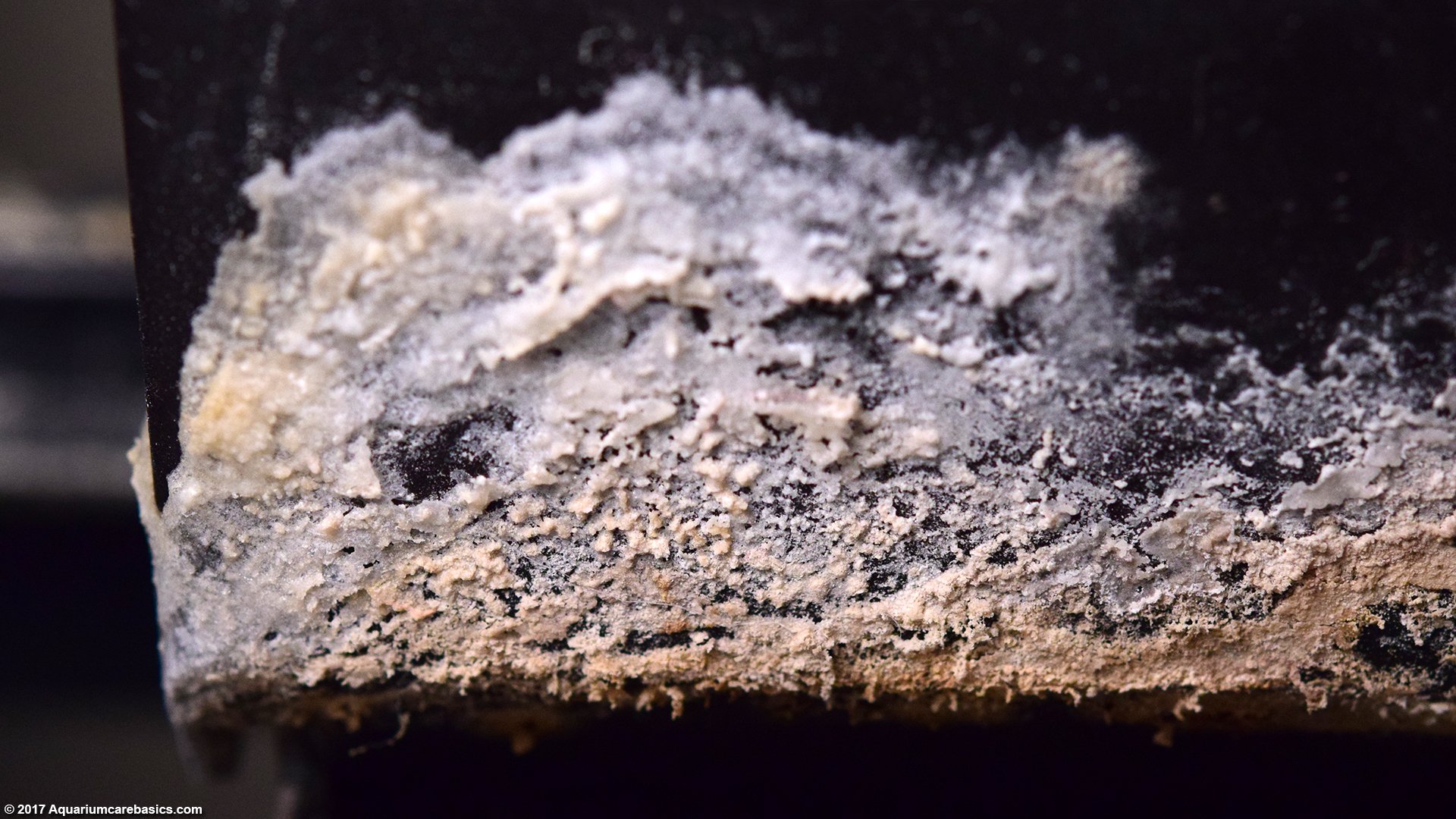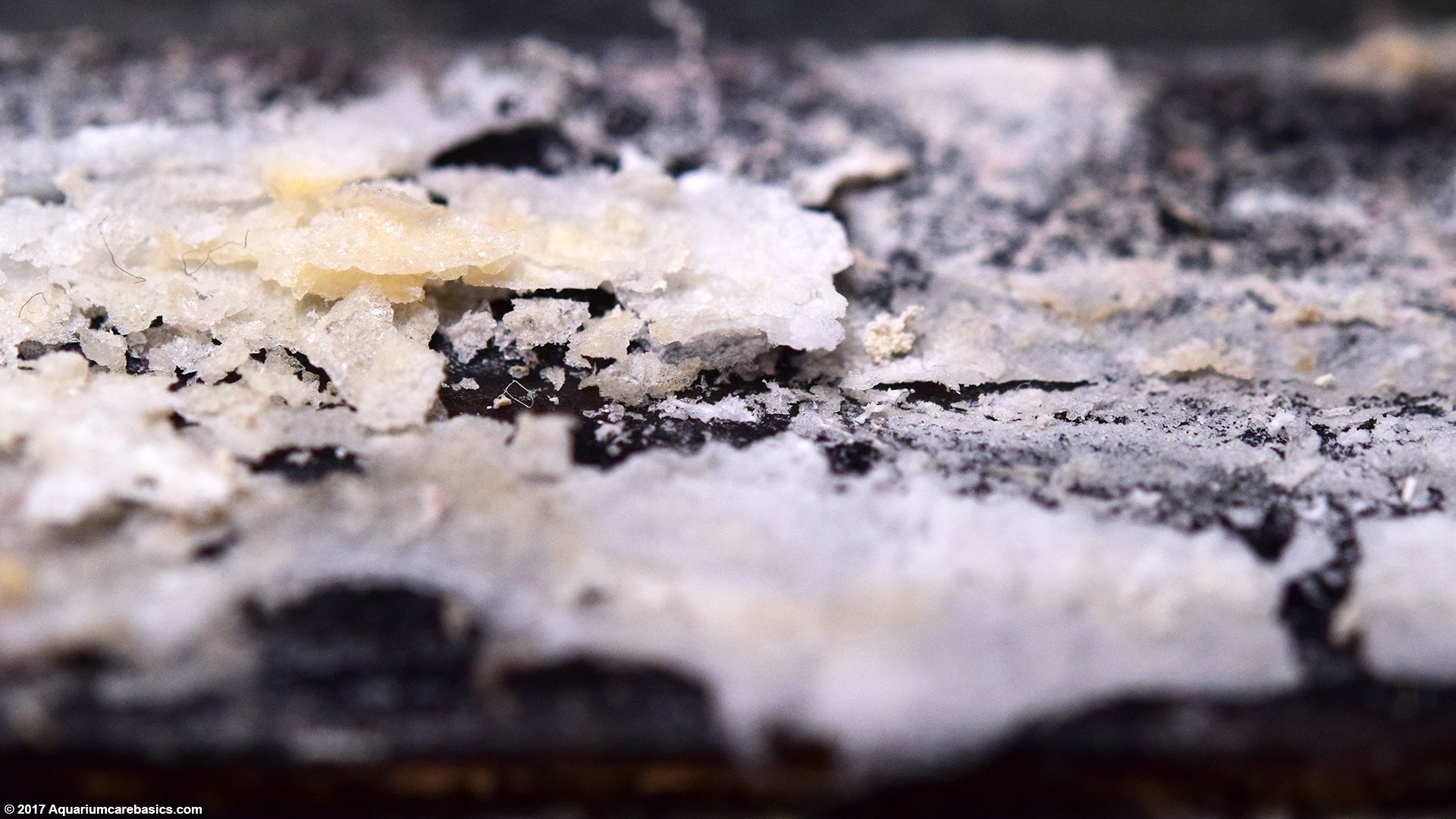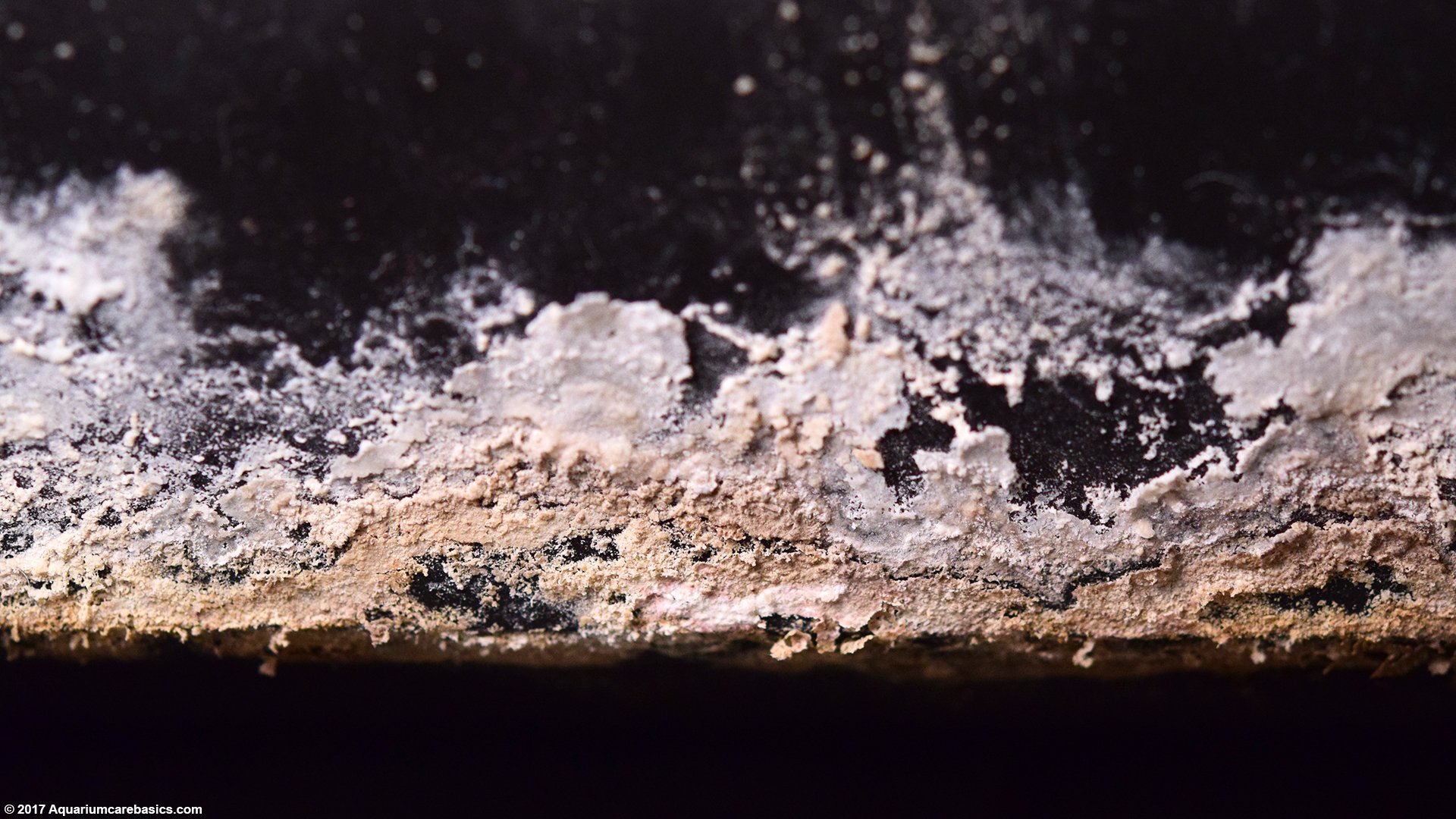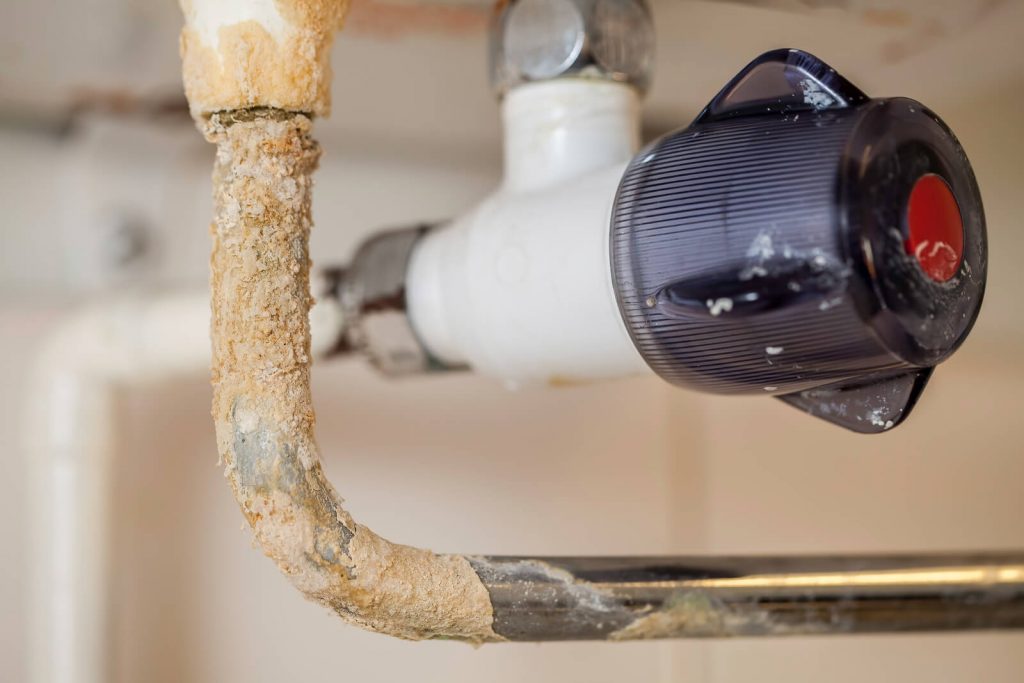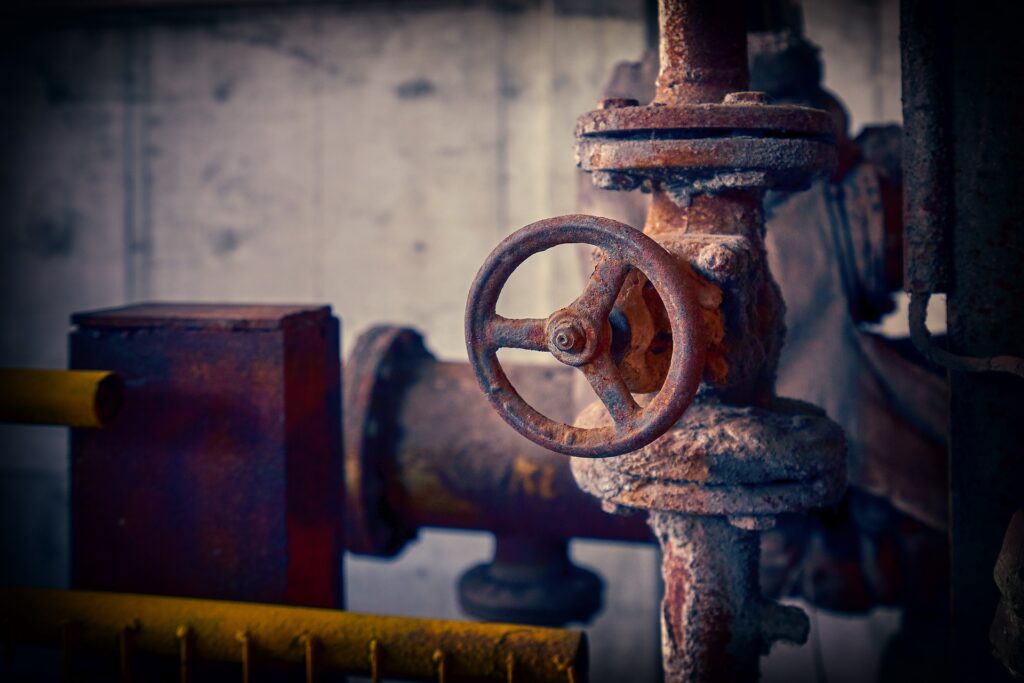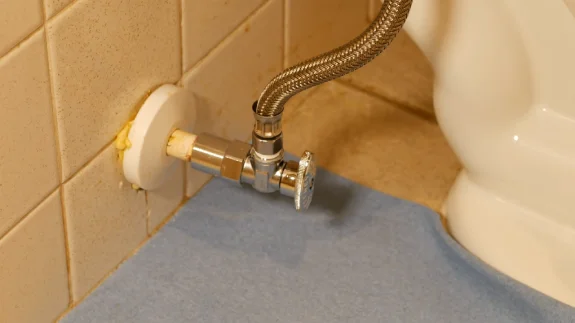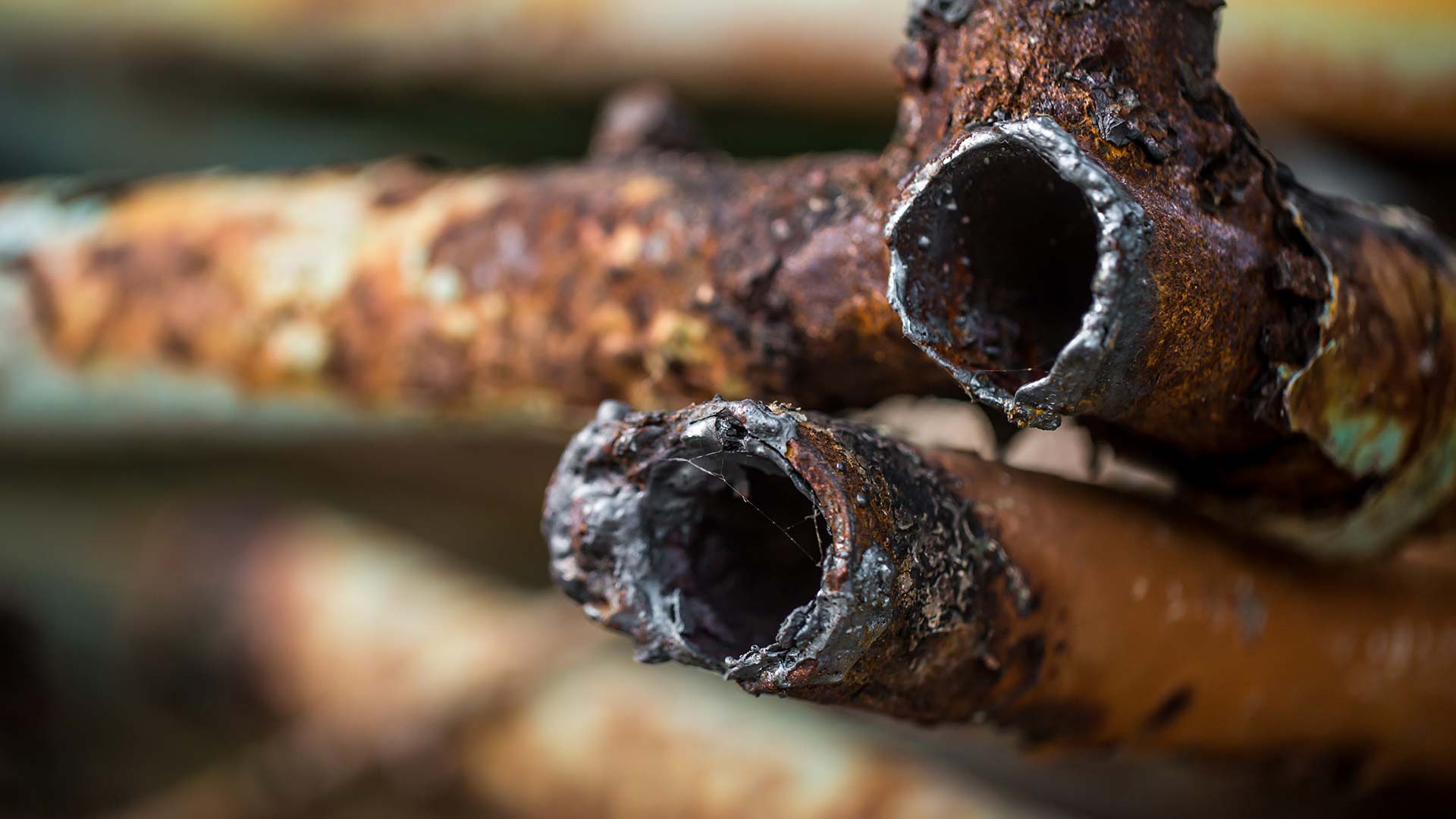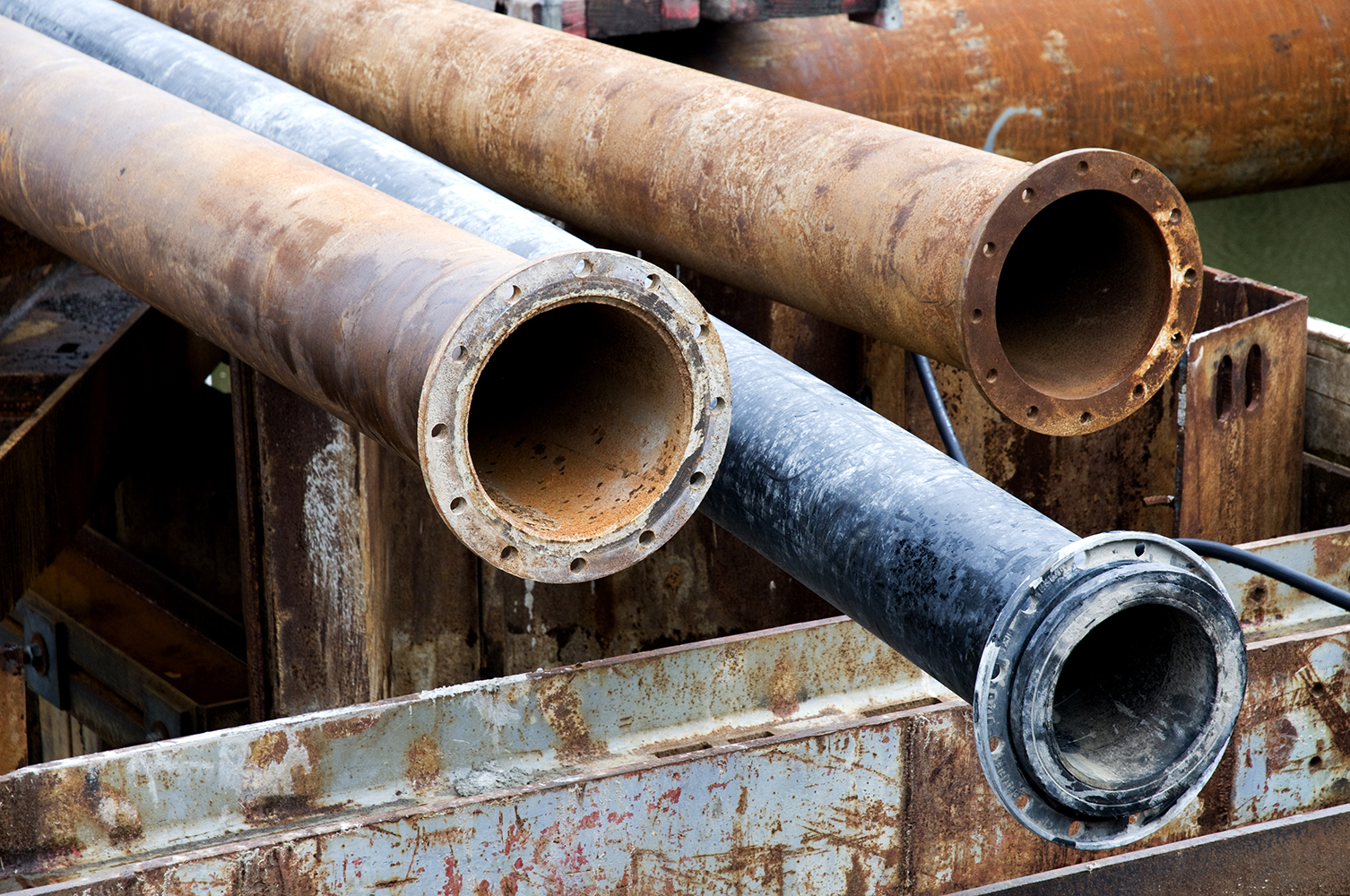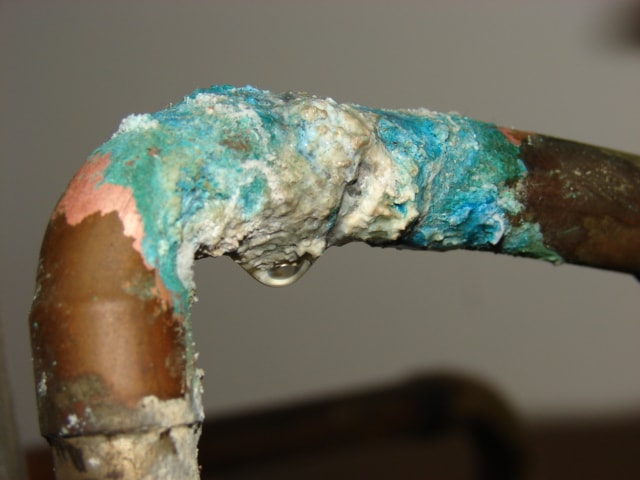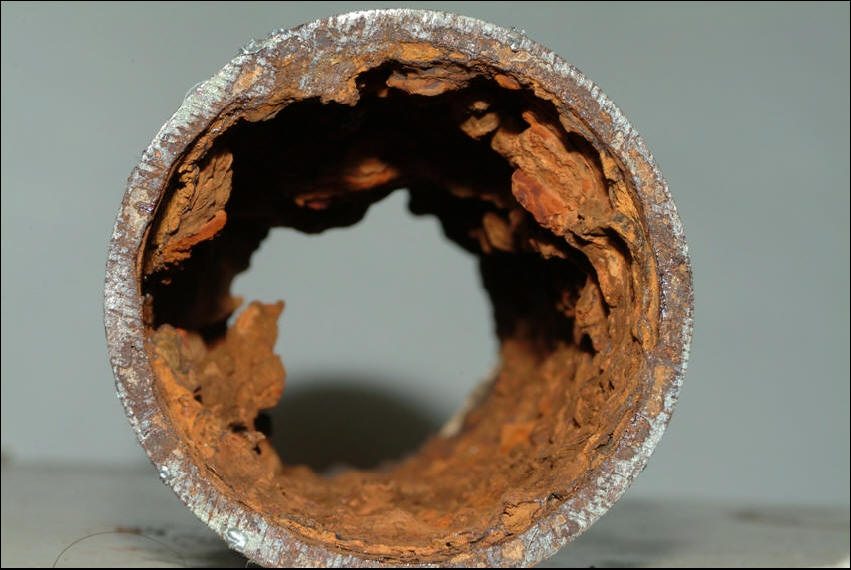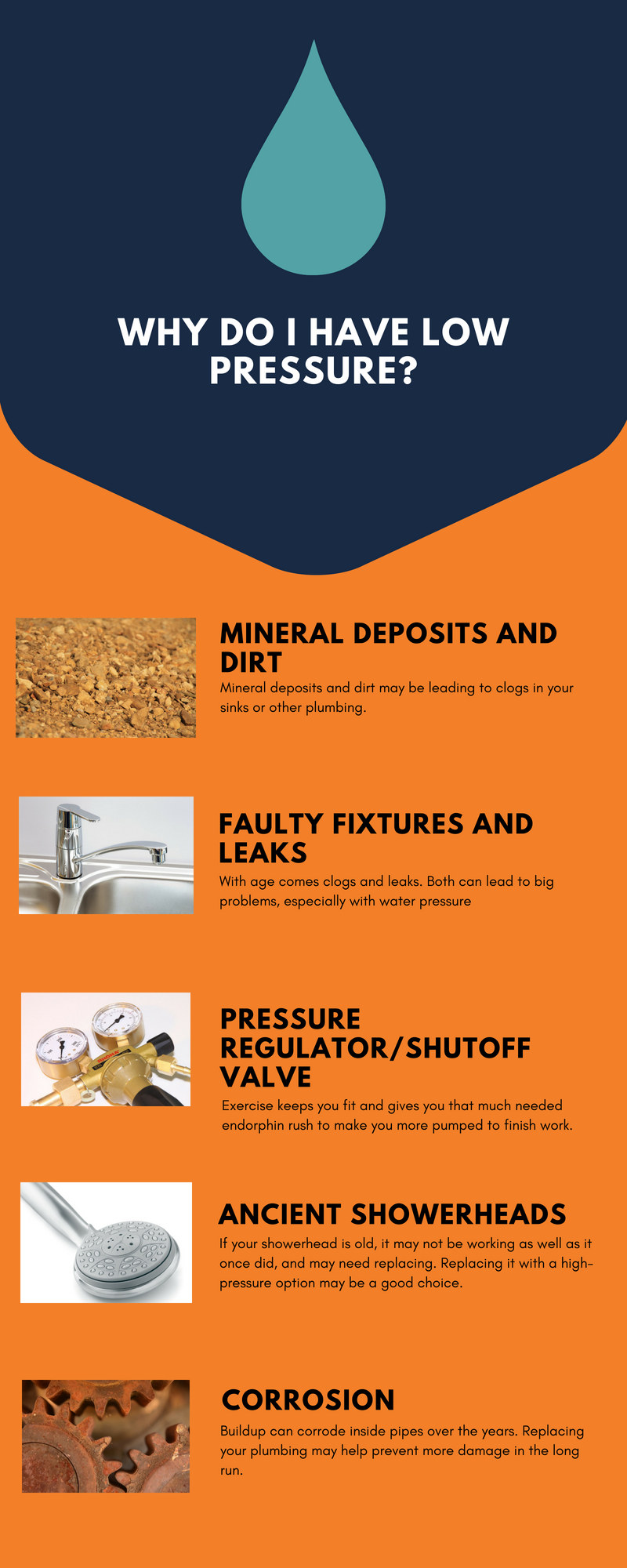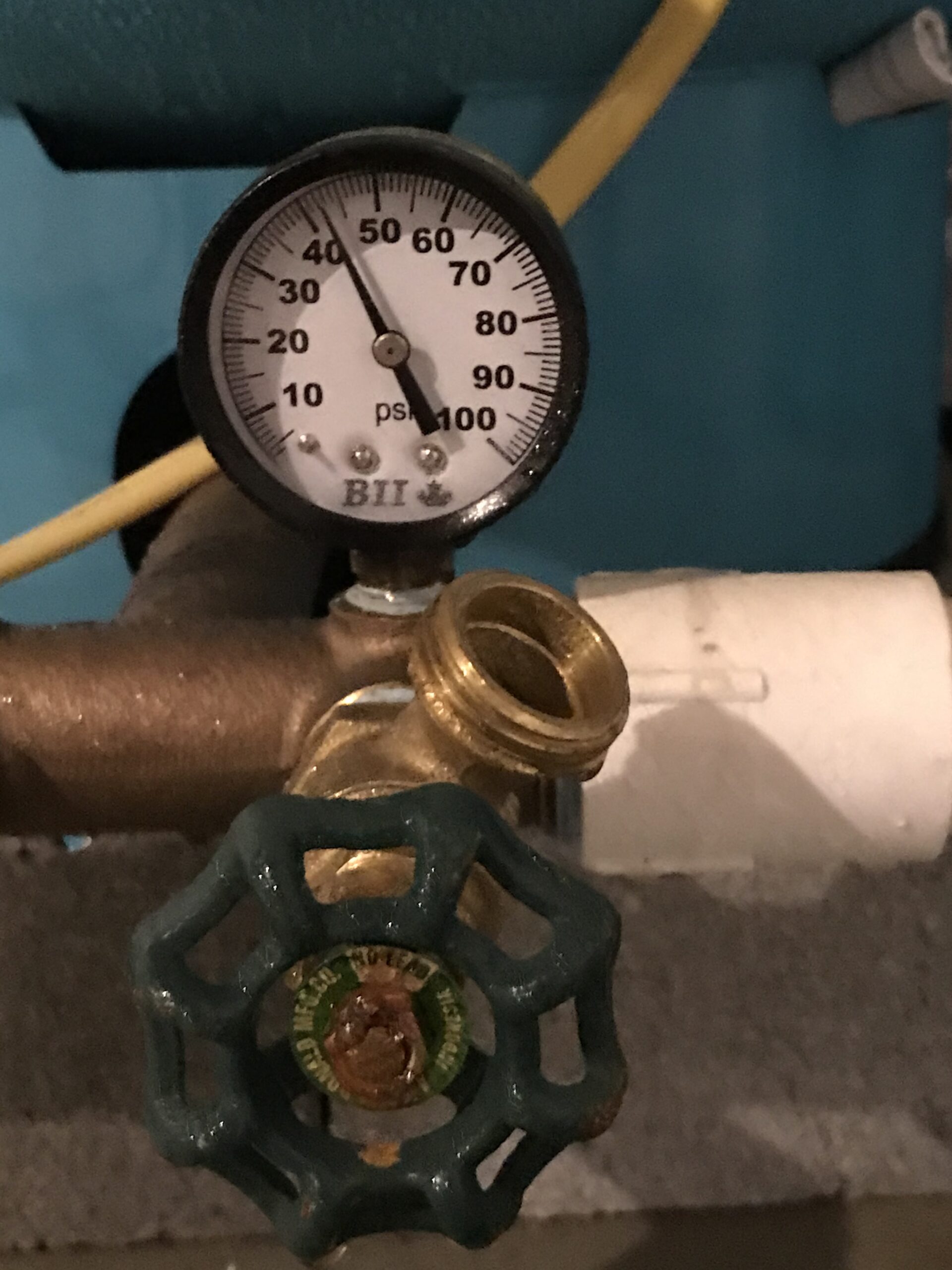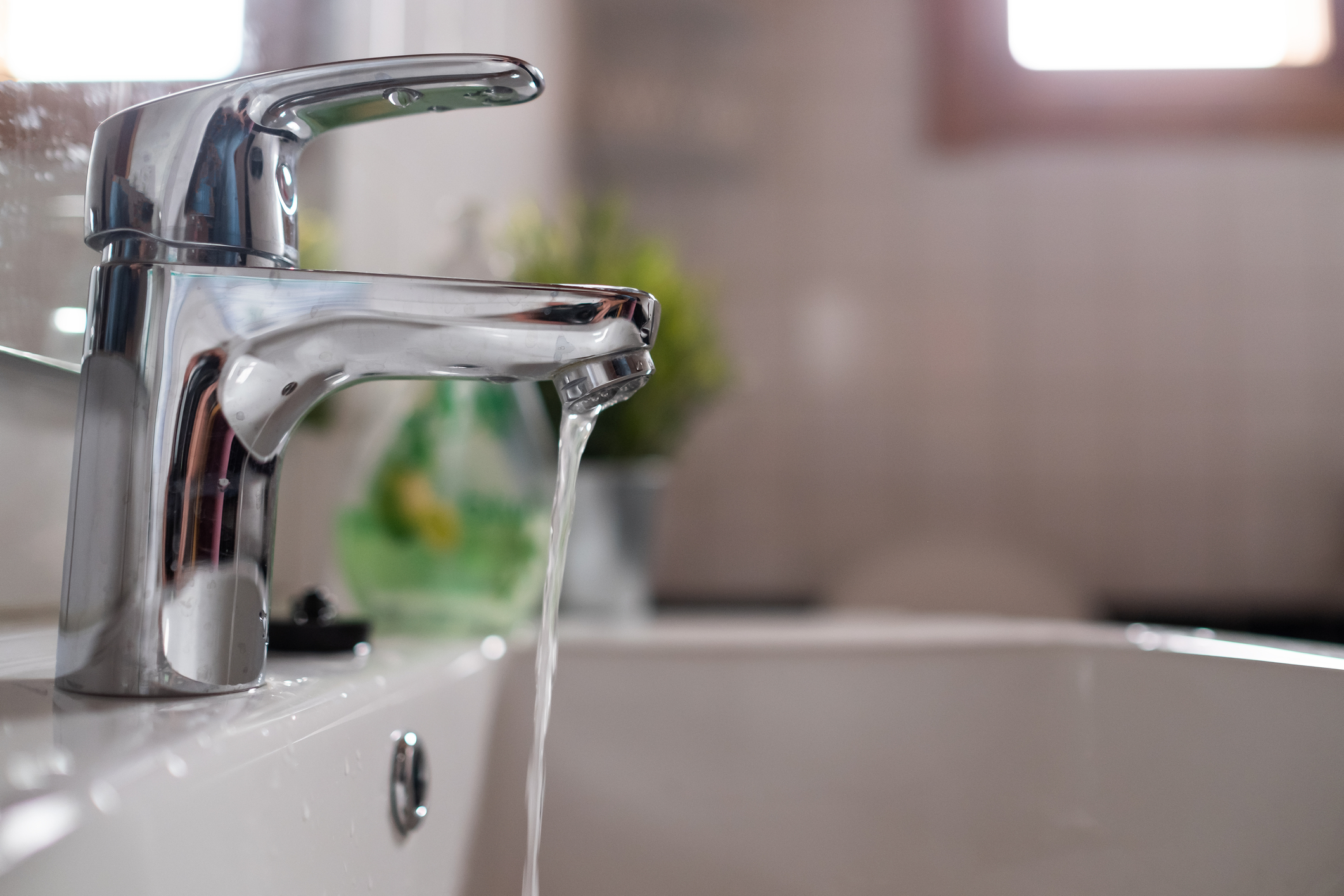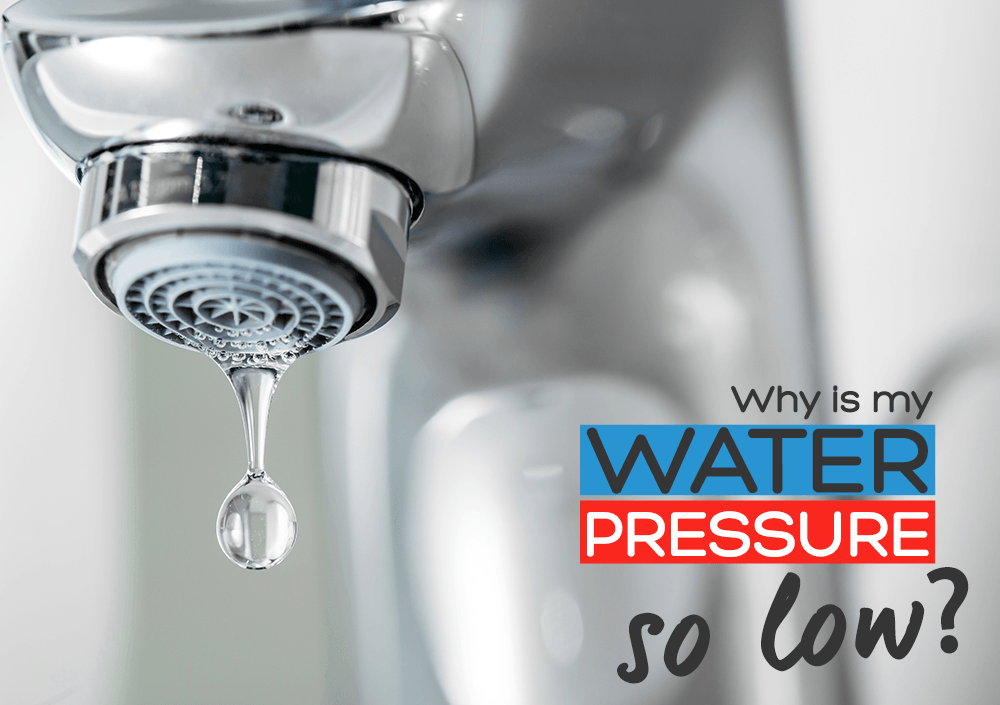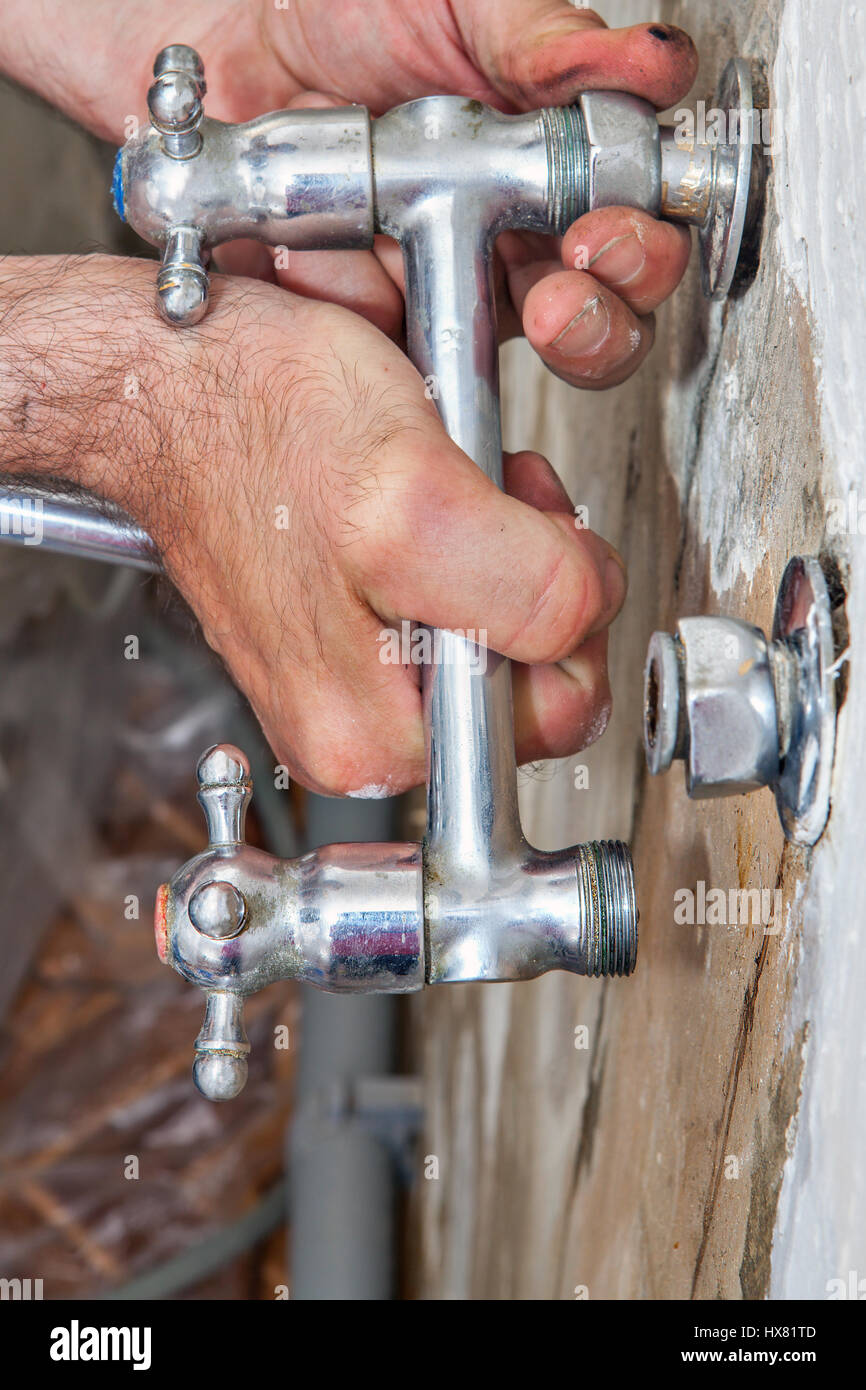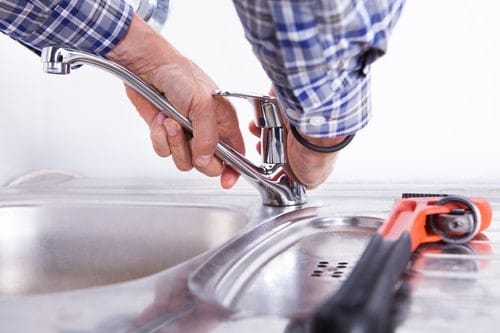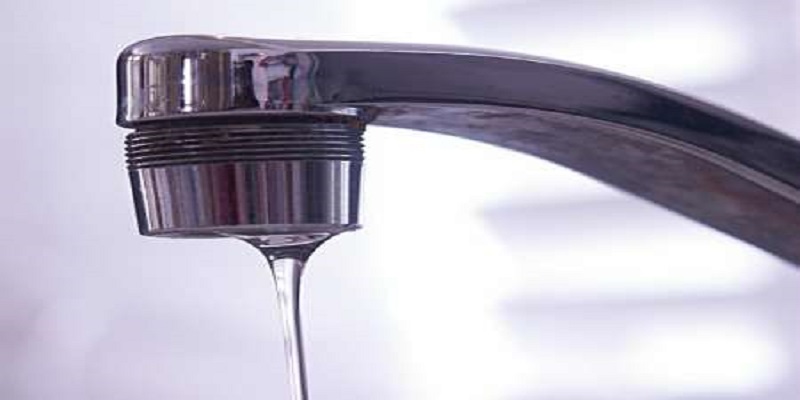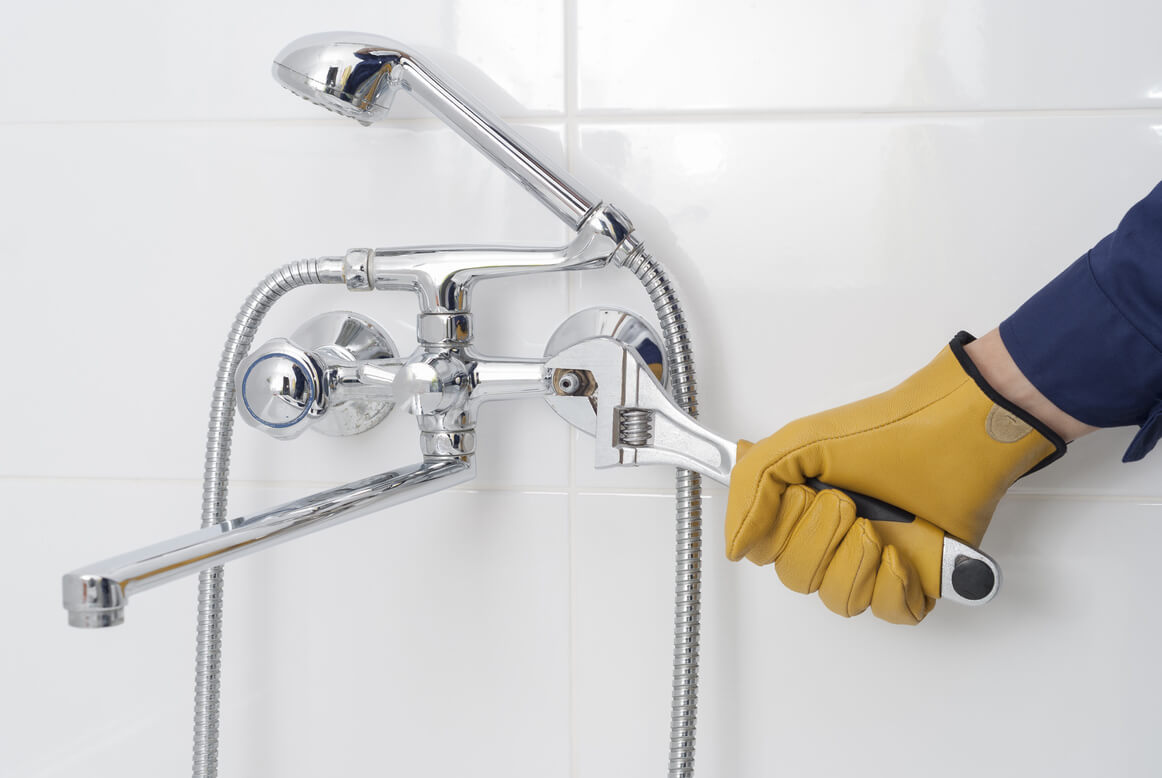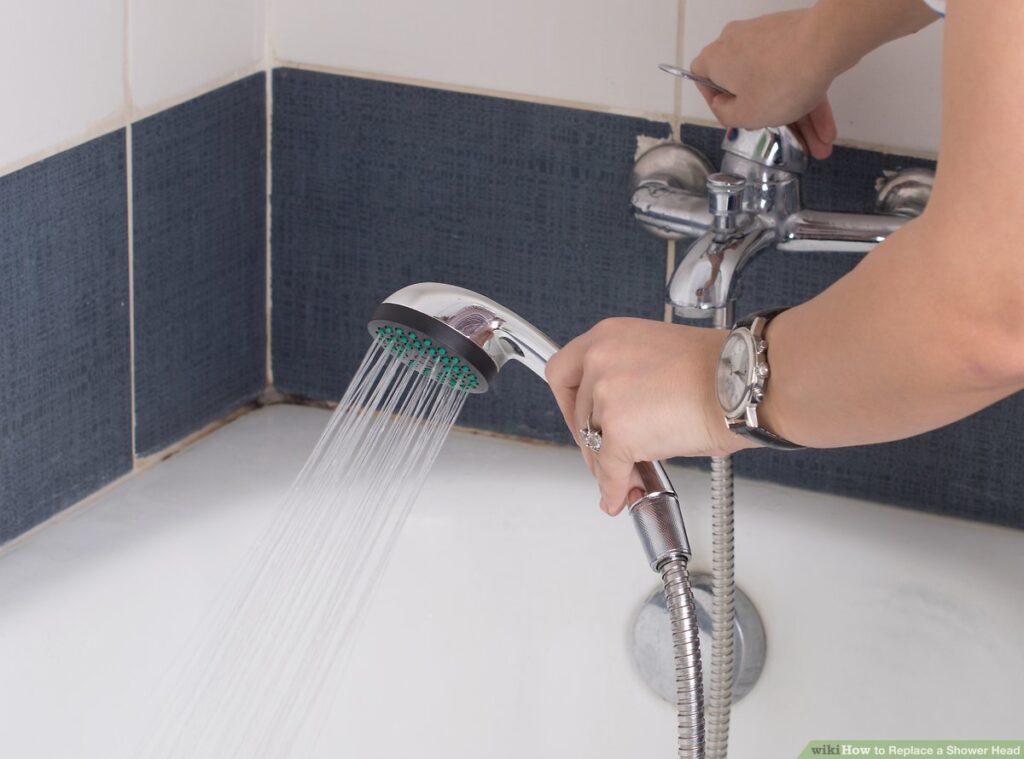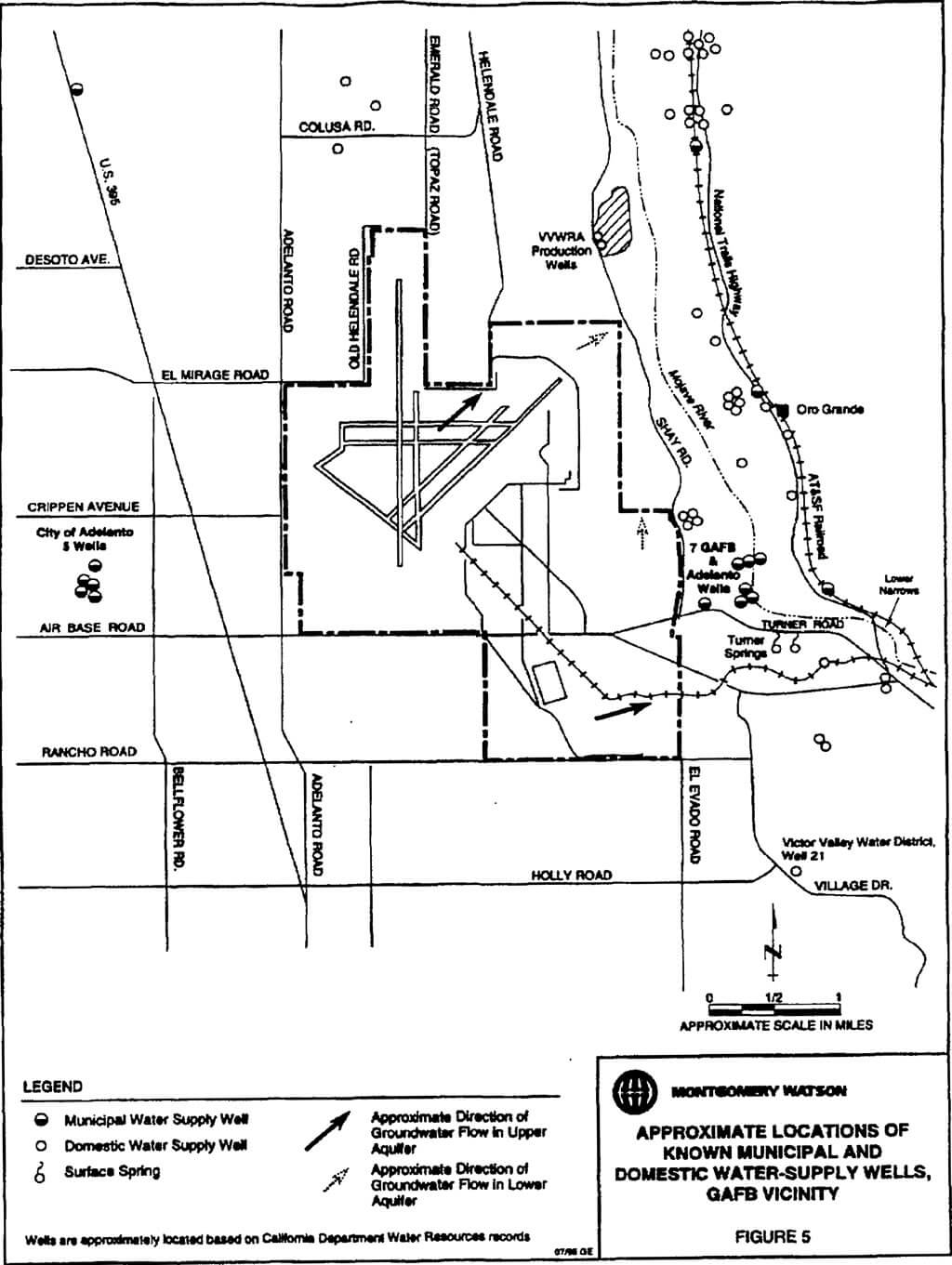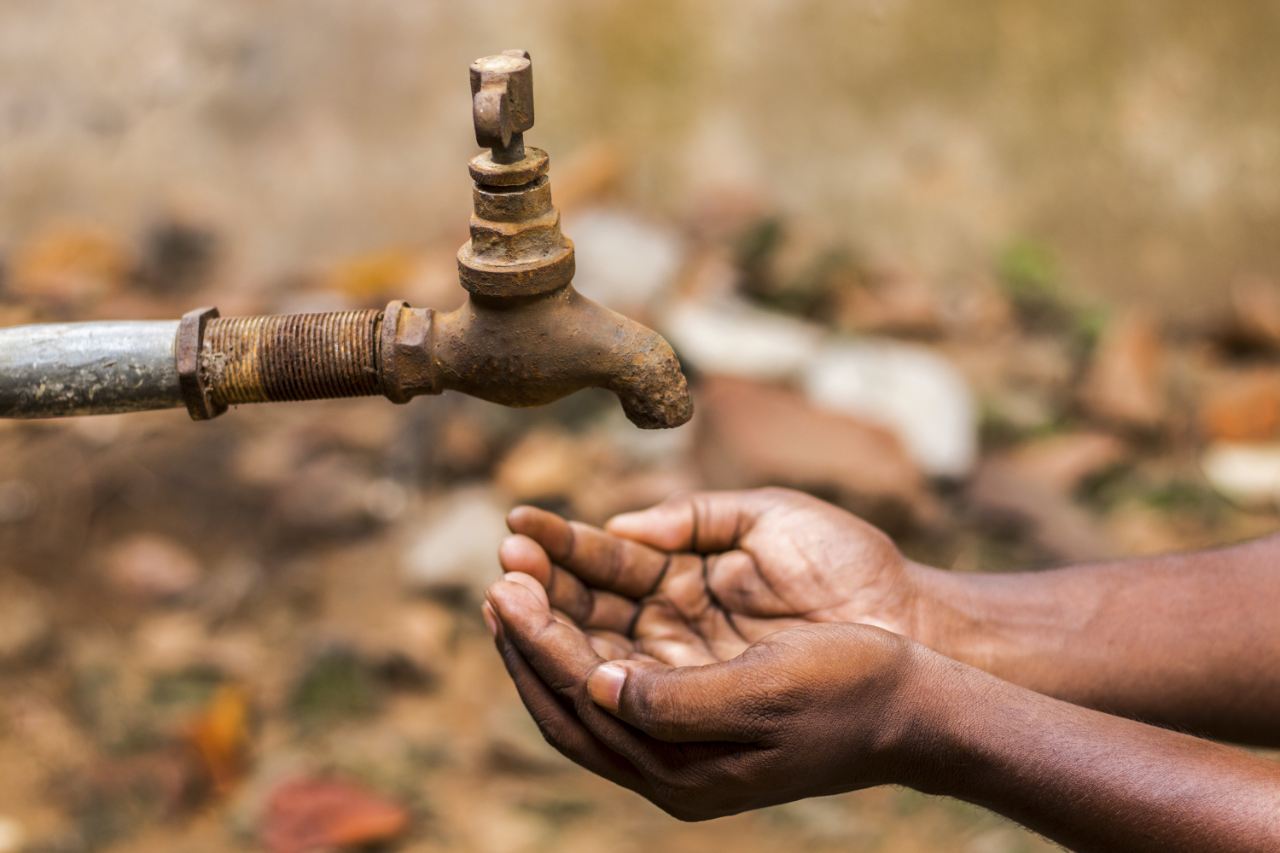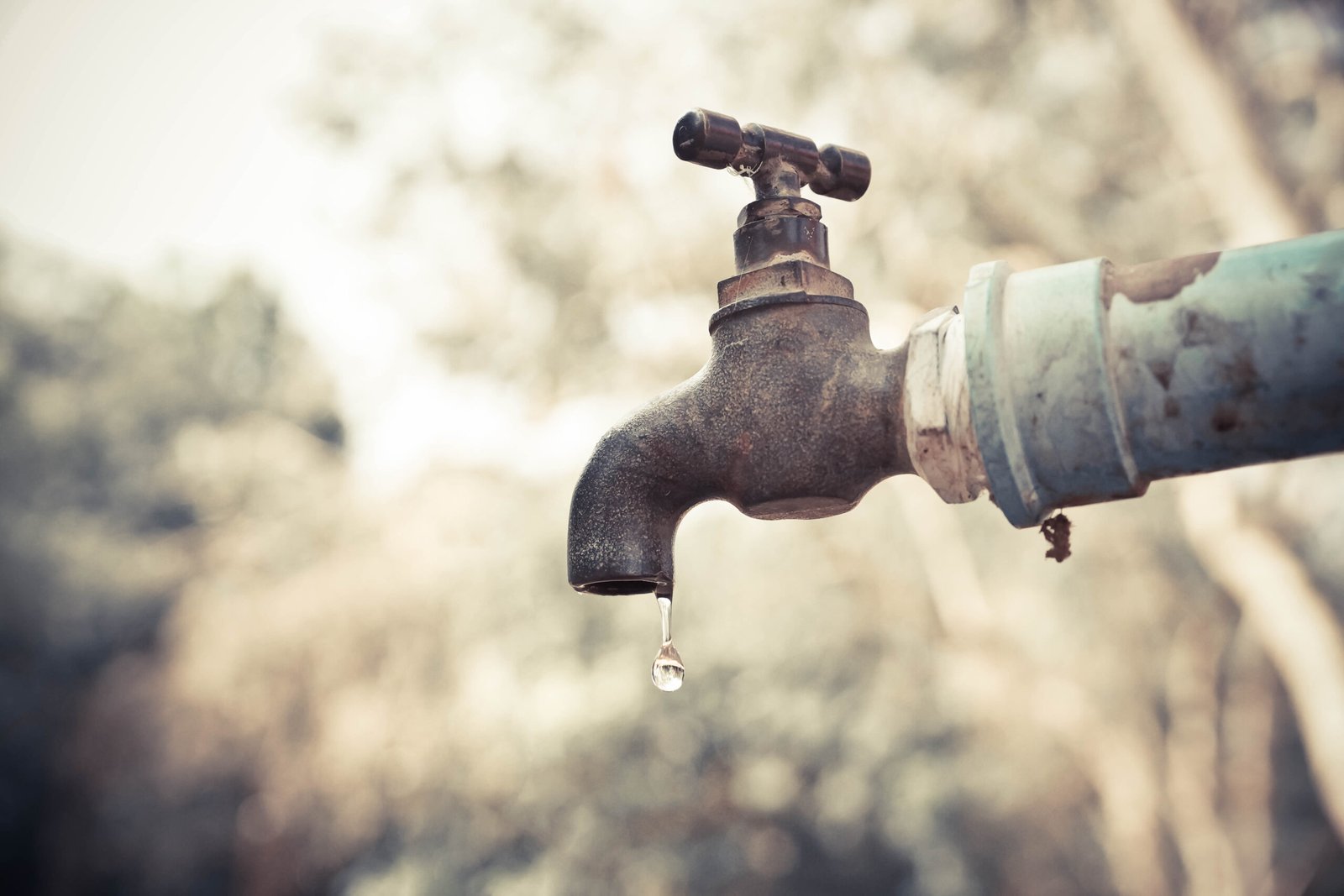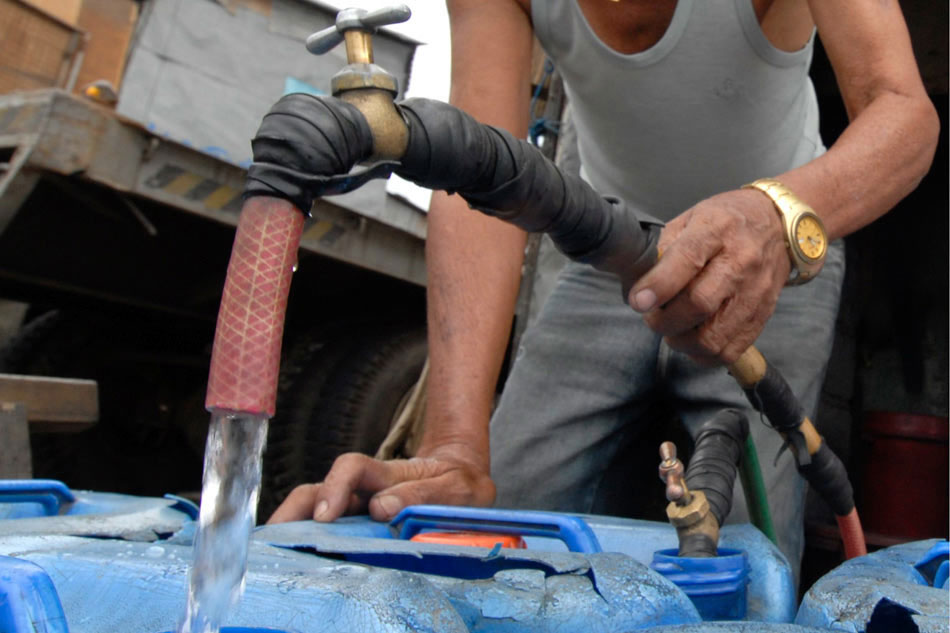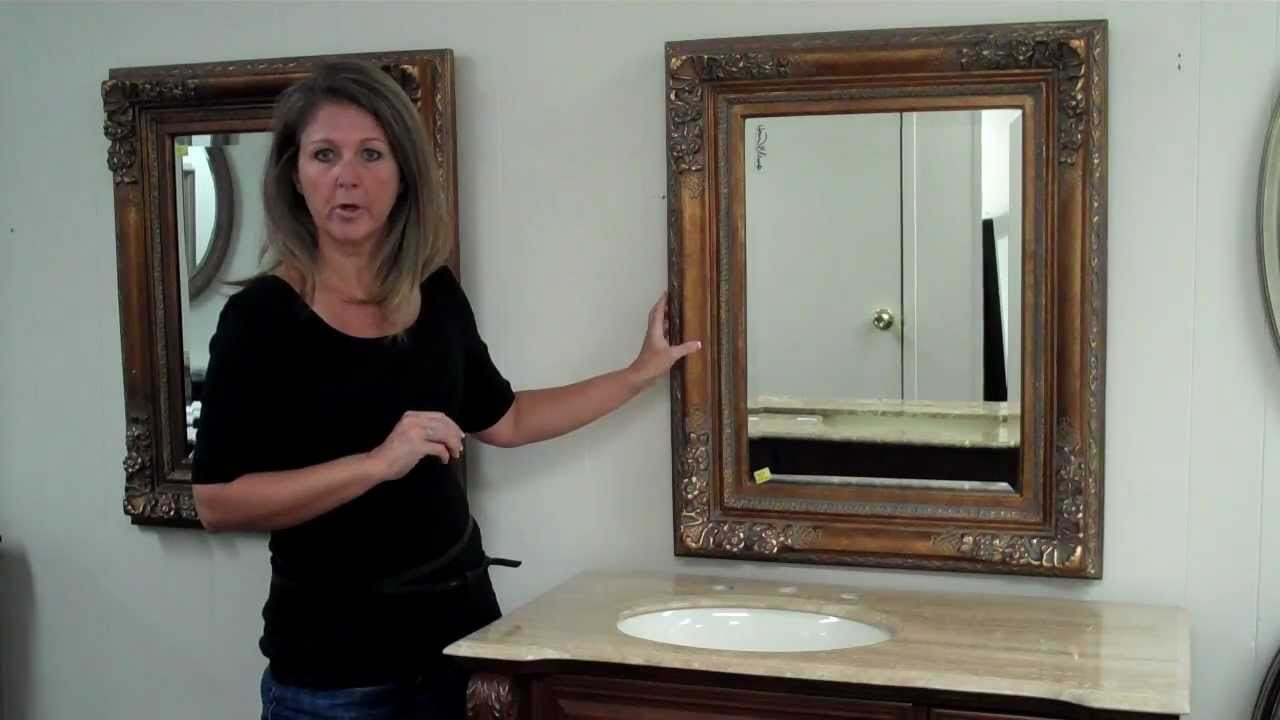Low water pressure in the kitchen sink can be a frustrating and inconvenient problem to deal with. Not only does it make everyday tasks like washing dishes and filling up pots take longer, but it can also be a sign of a larger issue with your plumbing system. If you're experiencing low water pressure in your kitchen sink, it's important to identify the root cause in order to fix the problem. Here are the top 10 main reasons for low water pressure in the kitchen sink. What Causes Low Water Pressure in the Kitchen Sink?
One common cause of low water pressure in the kitchen sink is a clogged aerator. The aerator is the small screen at the end of the faucet that helps regulate the flow of water. Over time, mineral deposits and debris can build up in the aerator, restricting the flow of water. To fix this issue, you can remove the aerator and clean it with a mixture of vinegar and water. Clogged Aerator
Another cause of low water pressure in the kitchen sink could be leaking pipes. If there is a leak somewhere in your plumbing system, it can affect the pressure of the water coming out of your faucet. Leaking pipes can also lead to water damage and increase your water bill, so it's important to address this issue as soon as possible. Leaking Pipes
The pressure regulator is a valve that controls the water pressure in your home. If it is not functioning properly, it can cause low water pressure in your kitchen sink. This is a more complex issue that may require the help of a professional plumber to diagnose and fix. Faulty Pressure Regulator
Mineral buildup is a common problem in areas with hard water. Over time, minerals like calcium and magnesium can accumulate in your pipes and fixtures, causing blockages and reducing water flow. Regularly cleaning your pipes and fixtures can help prevent mineral buildup and improve water pressure. Mineral Buildup
The shut-off valve is responsible for controlling the flow of water into your home. If it is not fully open or is malfunctioning, it can result in low water pressure in your kitchen sink. Make sure to check that your shut-off valve is fully open and functioning properly. Faulty Shut-Off Valve
A water main break can disrupt the flow of water to your home, resulting in low water pressure. This is a more serious issue that would require contacting your water company for repairs. Signs of a water main break may also include discolored water and low water pressure in other areas of your home. Water Main Break
Over time, pipes can become corroded and damaged, leading to reduced water flow and low water pressure. This is a more serious issue that may require replacing the corroded pipes. If you suspect you have corroded pipes, it's best to consult with a professional plumber for proper repair or replacement. Corroded Pipes
If you're experiencing low water pressure throughout your entire house, the issue may lie with your main water line. A blockage or leak in the main water line can affect the water pressure in all of your fixtures, including the kitchen sink. This is another issue that would require the expertise of a professional plumber to diagnose and fix. Low Water Pressure in Entire House
Sometimes the problem is simply a faulty faucet. If the faucet itself is old or damaged, it can reduce the flow of water. In this case, replacing the faucet may be the solution to improving water pressure in your kitchen sink. Faulty Faucet
Additional Factors that Contribute to Low Water Pressure in Kitchen Sinks
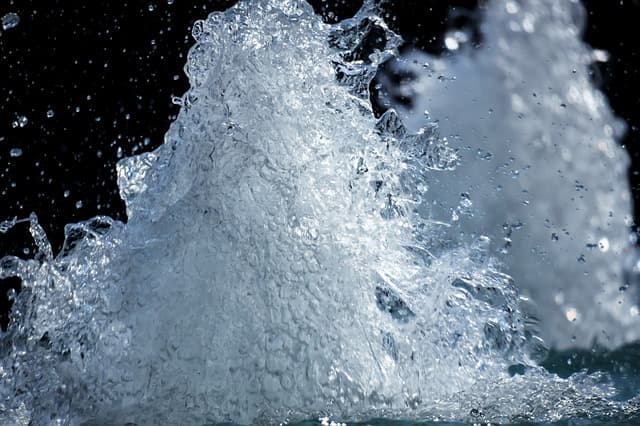
1. Clogged Pipes or Aerators
 One of the main reasons for low water pressure in kitchen sinks is clogged pipes or aerators. Over time, mineral deposits and debris can build up in the pipes and aerators, obstructing the flow of water. This can be caused by hard water, which contains high levels of minerals like calcium and magnesium, or by debris such as food particles and grease that get stuck in the pipes and aerators. Regular cleaning and maintenance of pipes and aerators can help prevent this issue and improve water pressure in your kitchen sink.
One of the main reasons for low water pressure in kitchen sinks is clogged pipes or aerators. Over time, mineral deposits and debris can build up in the pipes and aerators, obstructing the flow of water. This can be caused by hard water, which contains high levels of minerals like calcium and magnesium, or by debris such as food particles and grease that get stuck in the pipes and aerators. Regular cleaning and maintenance of pipes and aerators can help prevent this issue and improve water pressure in your kitchen sink.
2. Faulty Pressure Regulator
 Another possible factor is a faulty pressure regulator. This device is responsible for controlling the water pressure in your home, and if it is not functioning properly, it can result in low water pressure in your kitchen sink. A pressure regulator may become faulty due to age, wear and tear, or improper installation. It is important to have a professional plumber check and replace the pressure regulator if necessary to ensure proper water pressure in your kitchen sink.
Another possible factor is a faulty pressure regulator. This device is responsible for controlling the water pressure in your home, and if it is not functioning properly, it can result in low water pressure in your kitchen sink. A pressure regulator may become faulty due to age, wear and tear, or improper installation. It is important to have a professional plumber check and replace the pressure regulator if necessary to ensure proper water pressure in your kitchen sink.
3. Old or Damaged Pipes
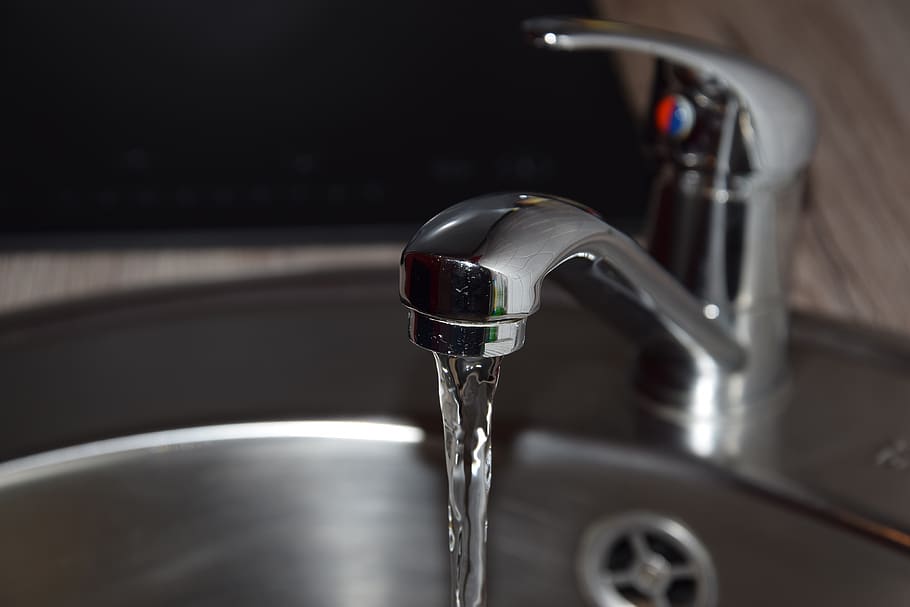 If your house has old or damaged pipes, this can also contribute to low water pressure in your kitchen sink. Over time, pipes can corrode, crack, or become clogged, which can restrict the flow of water. This is especially common in older homes with galvanized steel pipes. In some cases, the only solution may be to replace the old pipes with new ones. A professional plumber can assess and determine the best course of action to improve water pressure in your kitchen sink.
If your house has old or damaged pipes, this can also contribute to low water pressure in your kitchen sink. Over time, pipes can corrode, crack, or become clogged, which can restrict the flow of water. This is especially common in older homes with galvanized steel pipes. In some cases, the only solution may be to replace the old pipes with new ones. A professional plumber can assess and determine the best course of action to improve water pressure in your kitchen sink.
4. Water Leaks
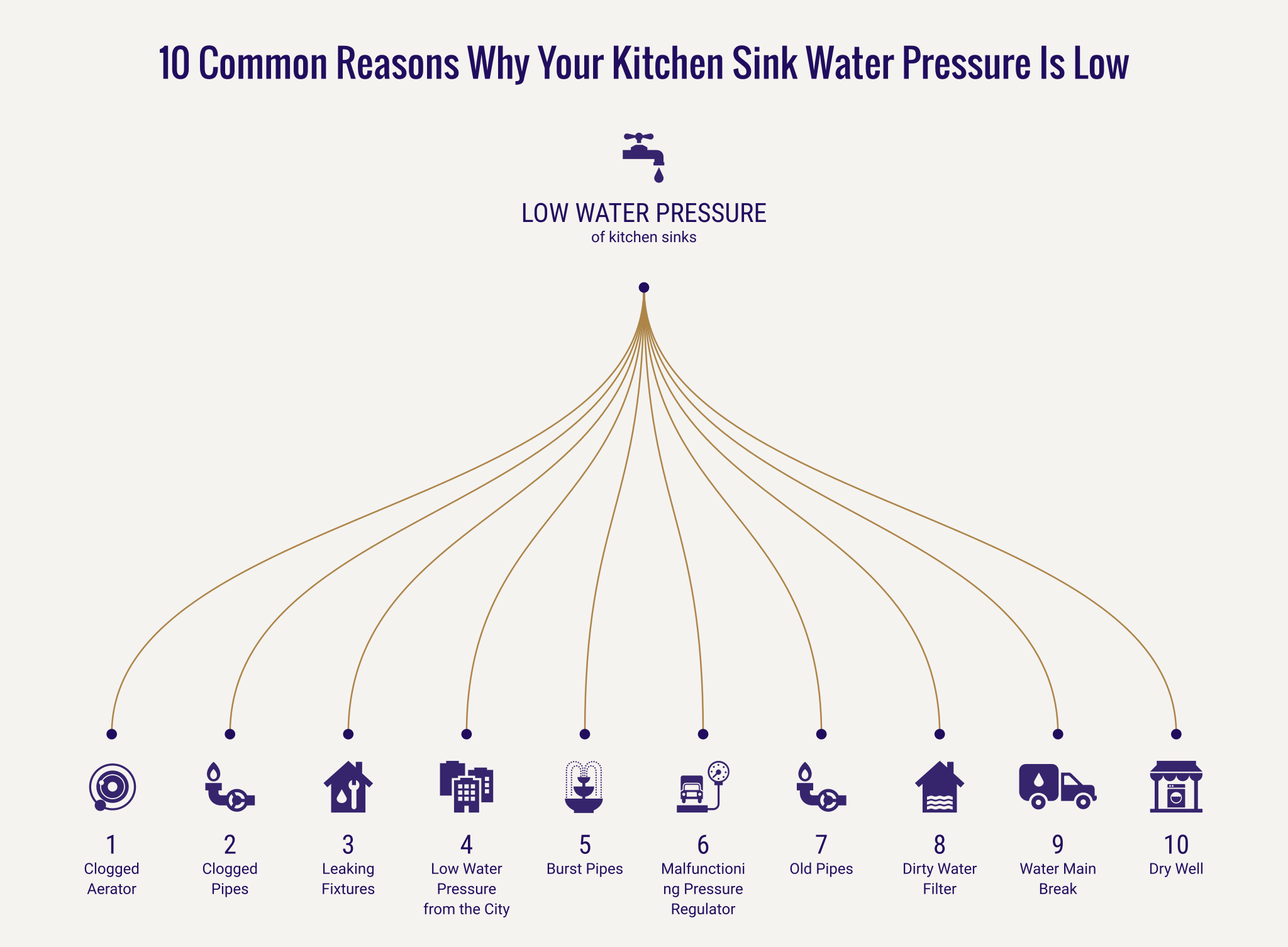 Water leaks are not only wasteful and costly, but they can also lead to low water pressure in your kitchen sink. If there is a leak in your home's plumbing system, it can reduce the overall water pressure and affect the kitchen sink. It is important to regularly check for and fix any water leaks to maintain proper water pressure in your home.
In conclusion,
there are various factors that can contribute to low water pressure in kitchen sinks. It is important to identify and address these issues promptly to ensure a steady and strong flow of water in your kitchen sink. Regular maintenance and inspection of pipes, aerators, pressure regulators, and water leaks can help prevent and resolve low water pressure problems.
Water leaks are not only wasteful and costly, but they can also lead to low water pressure in your kitchen sink. If there is a leak in your home's plumbing system, it can reduce the overall water pressure and affect the kitchen sink. It is important to regularly check for and fix any water leaks to maintain proper water pressure in your home.
In conclusion,
there are various factors that can contribute to low water pressure in kitchen sinks. It is important to identify and address these issues promptly to ensure a steady and strong flow of water in your kitchen sink. Regular maintenance and inspection of pipes, aerators, pressure regulators, and water leaks can help prevent and resolve low water pressure problems.

:max_bytes(150000):strip_icc()/ac2-56a73c5c5f9b58b7d0e81846.jpg)

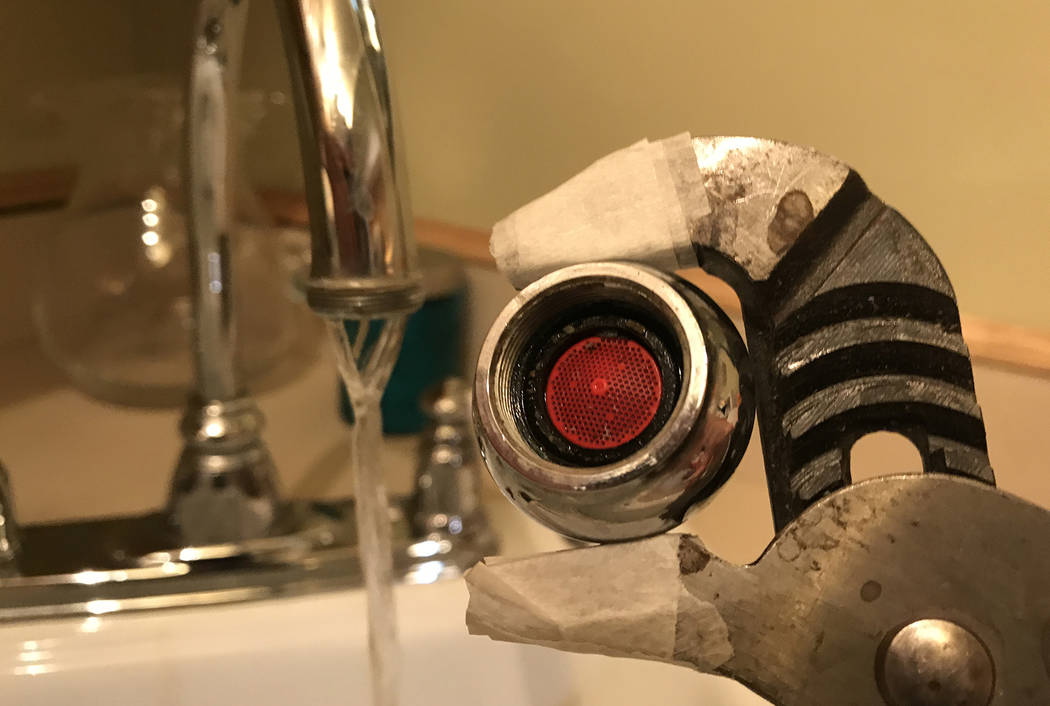


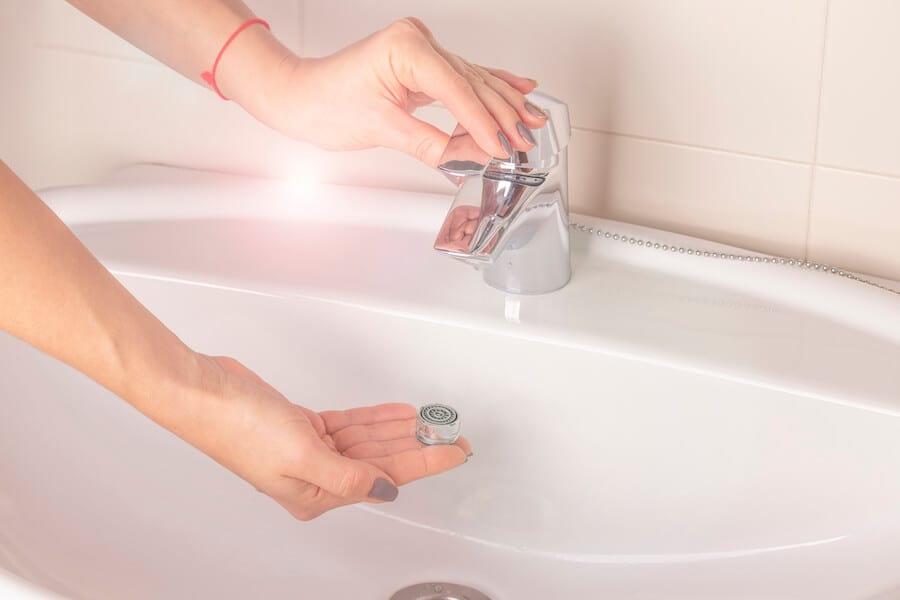


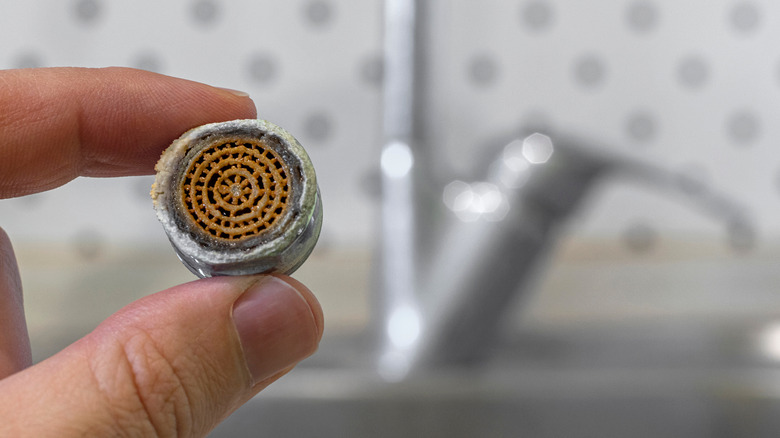
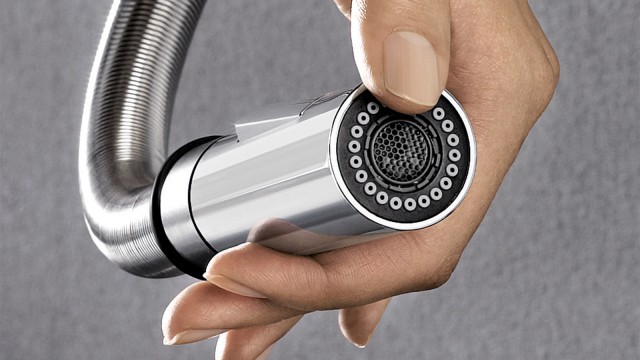

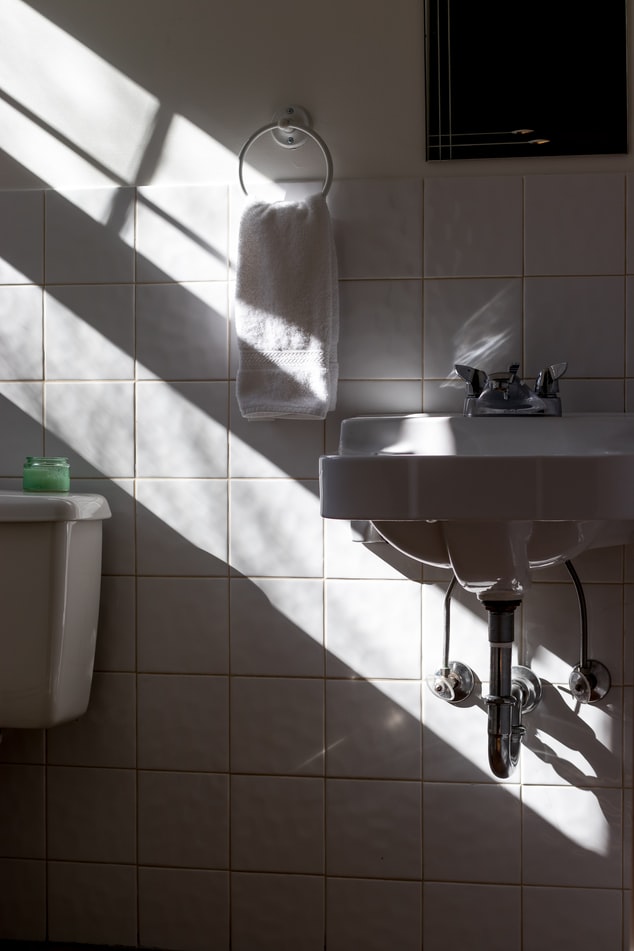

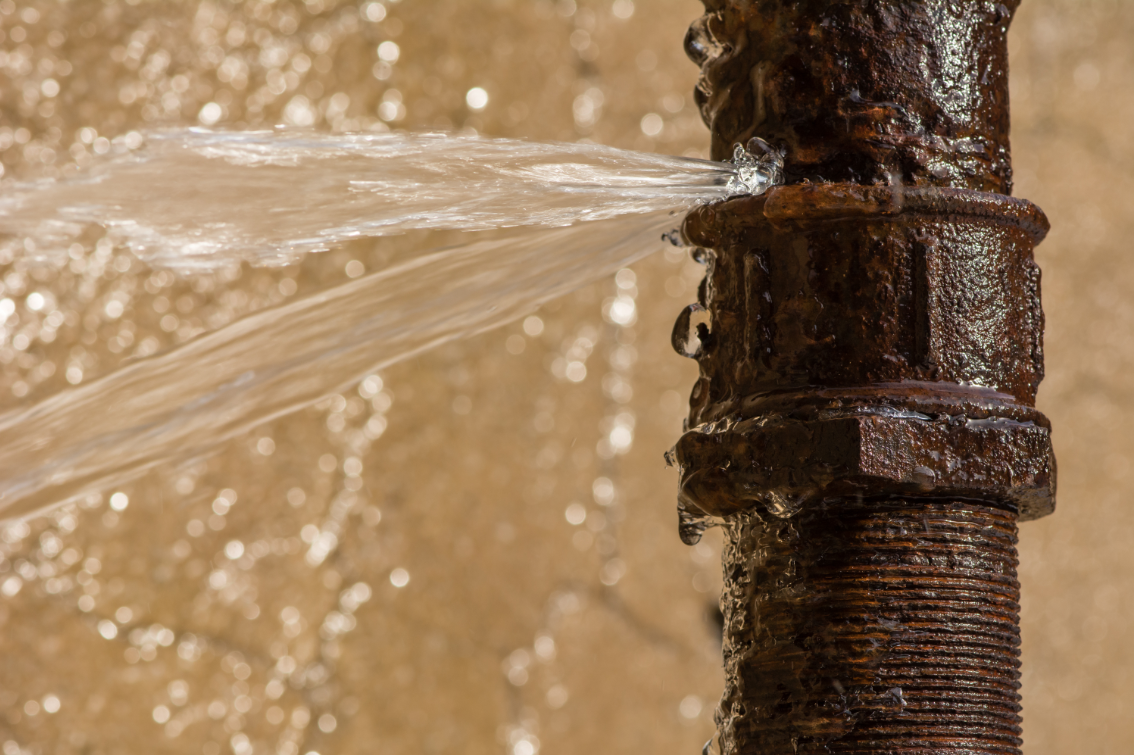
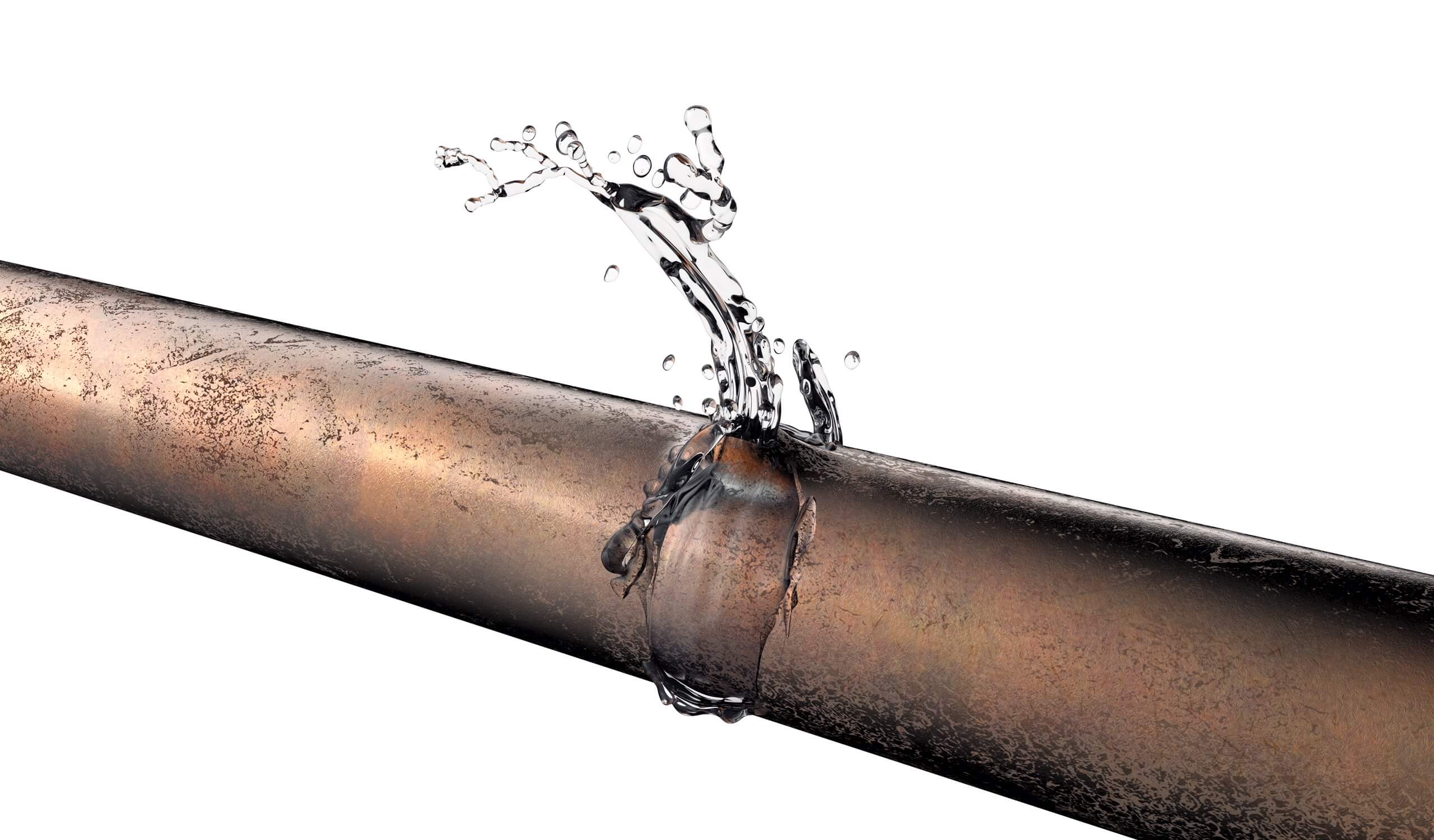
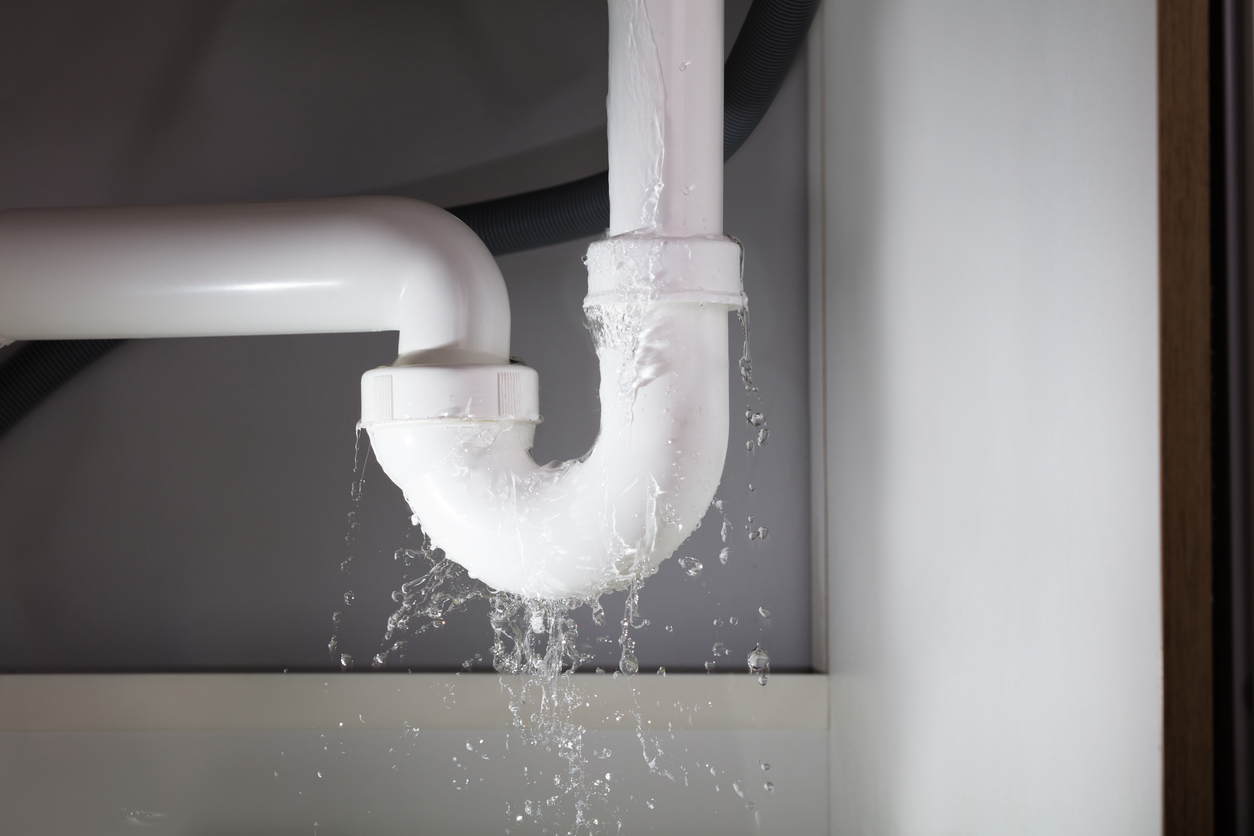
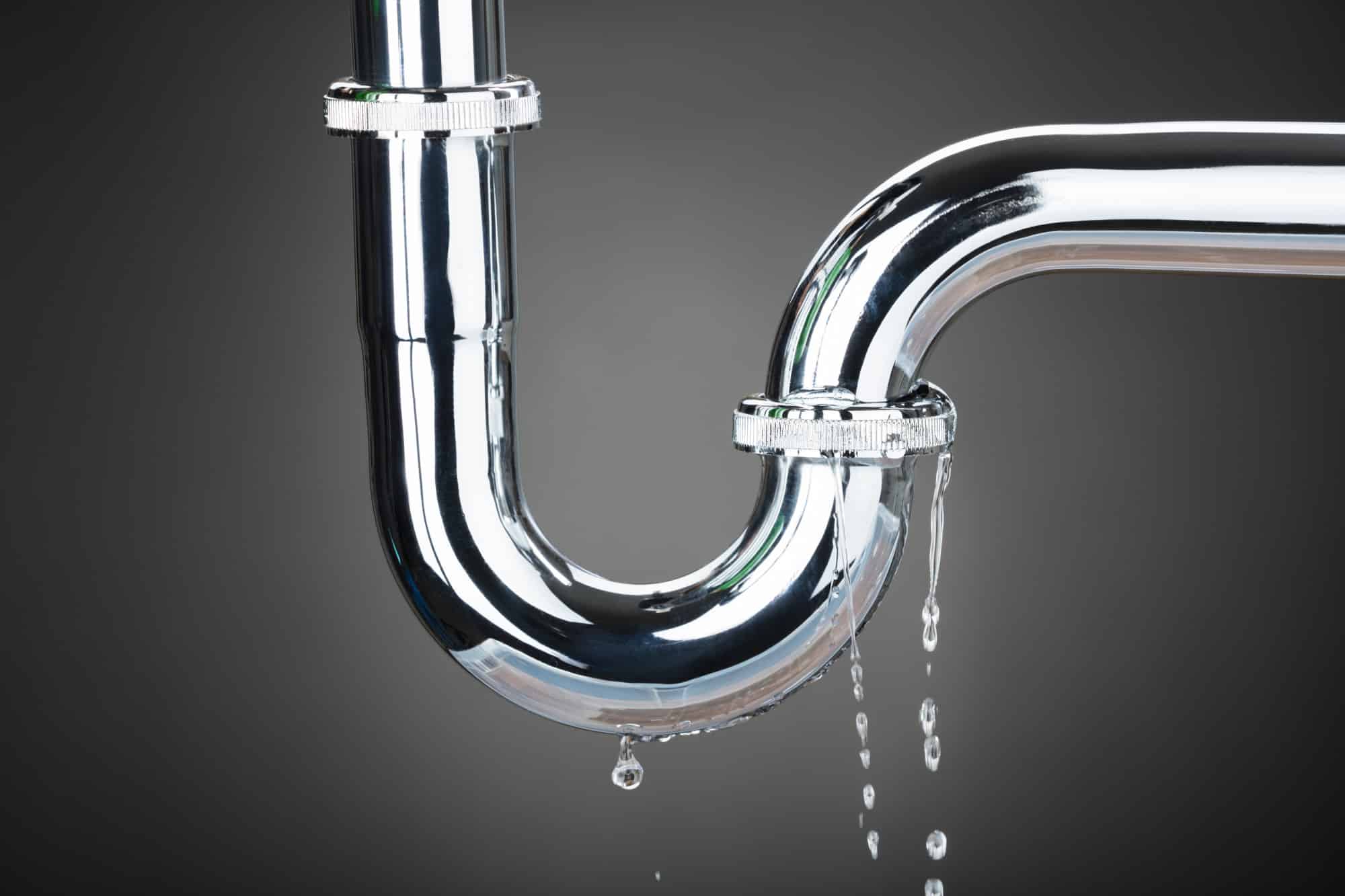
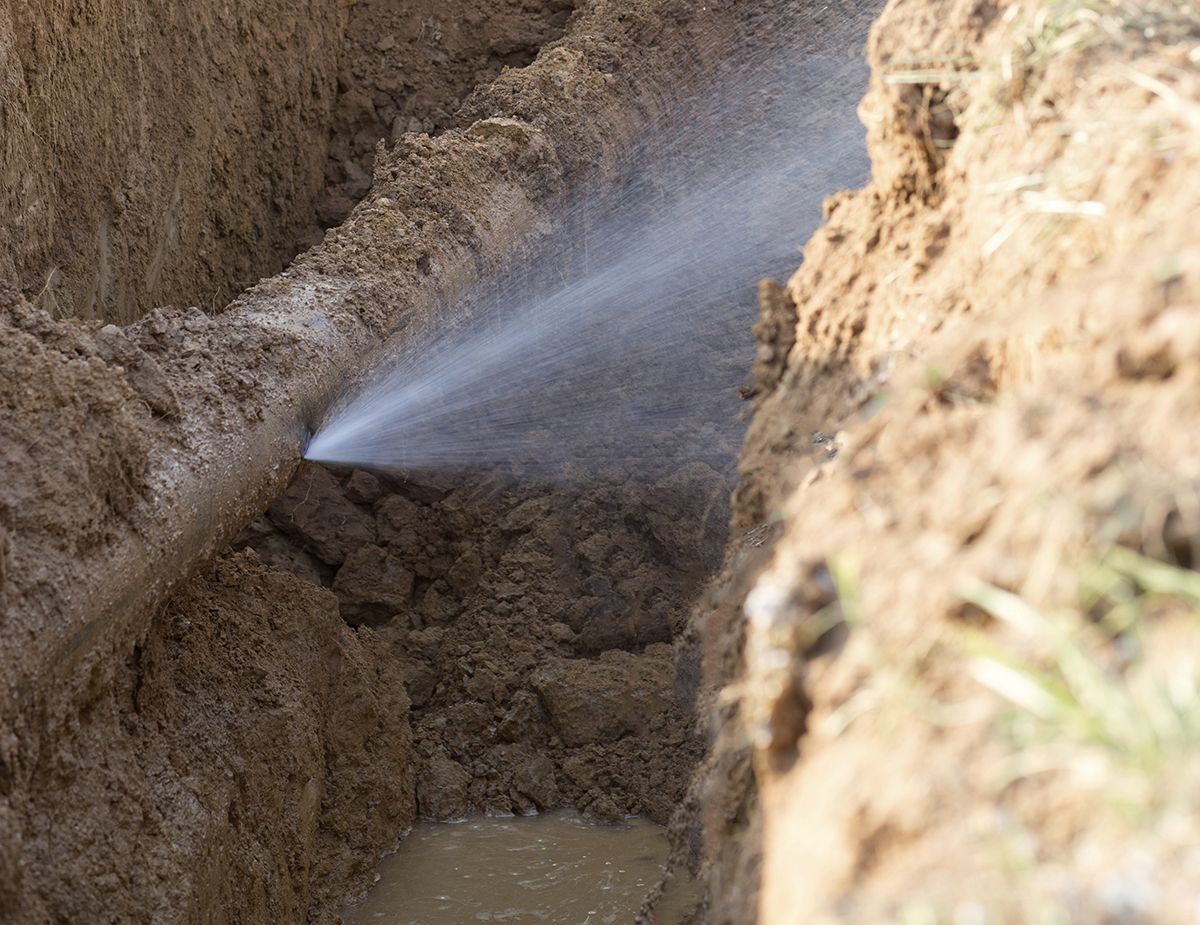
.jpg)
